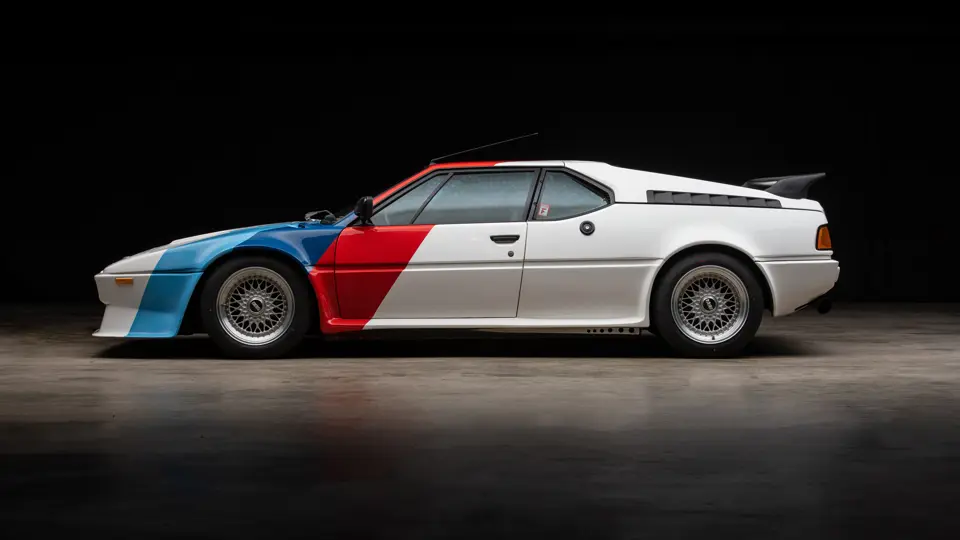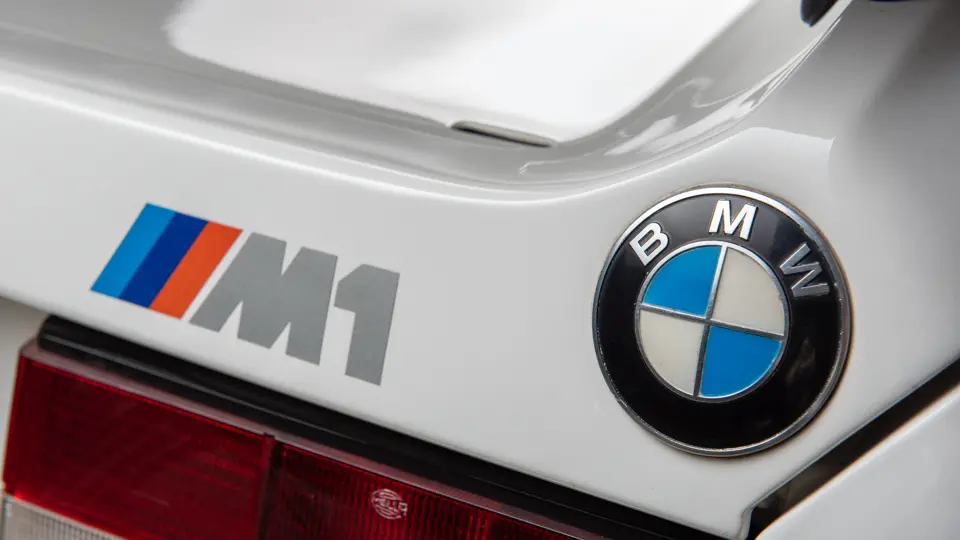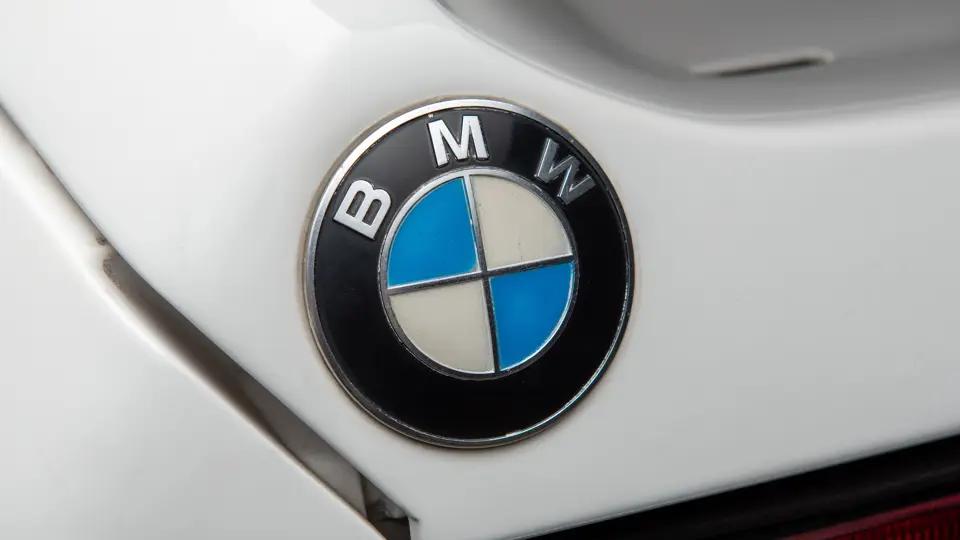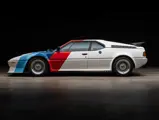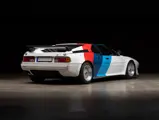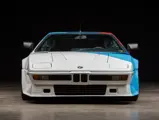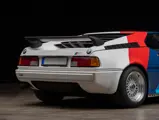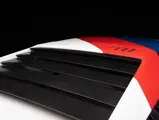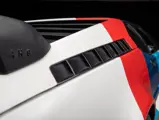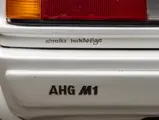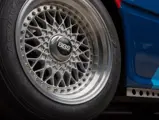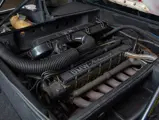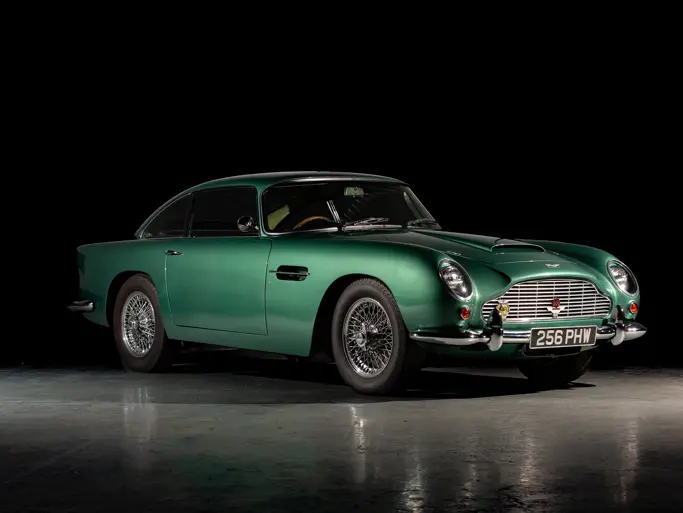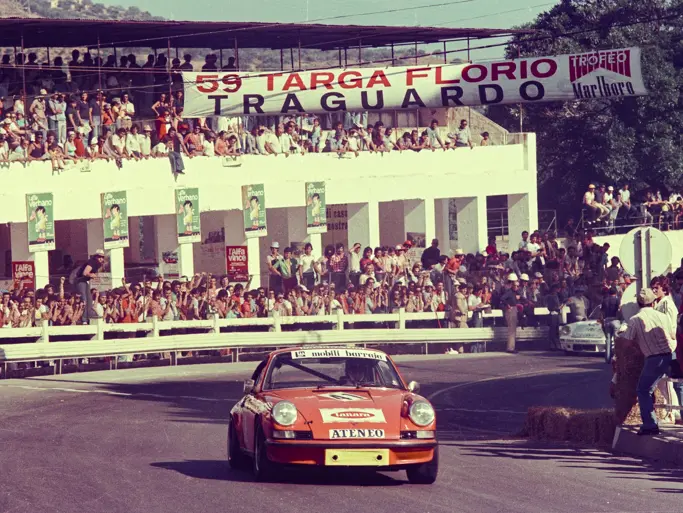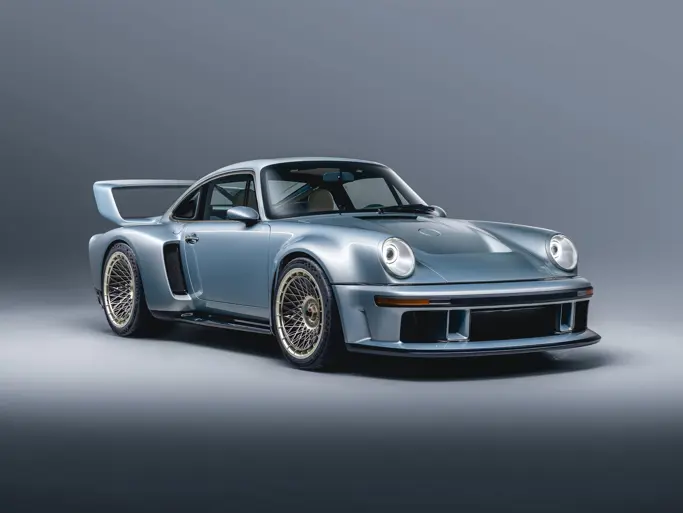
1980 BMW M1 AHG Studie
{{lr.item.text}}
$648,500 USD | Sold
{{bidding.lot.reserveStatusFormatted}}
- Believed to be one of no more than 10 BMW M1 road cars modified in-period by German dealership AHG
- Custom features include one-off tricolor livery, Procar-inspired bodywork, three-piece BBS wheels, and full leather seats
- Engine said to have been uprated to 350 hp and adjustable, race-spec suspension installed
- Previously part of the renowned AE Collection of Paul Walker and Roger Rodas in California
- Showing 6,821 kilometers at time of cataloguing
Among the rarest models BMW has ever built and the first to be created entirely under the purview of its elite M division, the M1 is a hand-built homologation special developed in the late-seventies to dominate racing competition. BMW Motorsport initially planned to build enough of the mid-engine coupes to meet the regulation for FIA Group 5; however, rule changes enacted during the car’s protracted development required a minimum of 400 examples be built to meet Group 4 regulations before the car could be homologated for Group 5. Rather than delay the racing program, BMW decided to create a one-make series while it continued further development and ramped up enough production to meet homologation requirements.
The Procar BMW M1 Championship was announced in the spring of 1978, along with the official unveiling of the M1 road car. While Procar competition only lasted two seasons, running as a Formula One support series from 1979 to 1980, its popularity was undeniable. With their flared fenders, imposing front spoiler, massive rear wing, and incredible power, the M1’s presence on the racetrack left a lasting impression. Street and competition versions of the M1 were produced in tandem, with around 450 units in total being built from 1978 through 1981. With homologation requirements finally met, the M1 would be campaigned in various world championships, including the 24 Hours of Le Mans.
Intent on using a mid-engine layout, BMW initially contracted Lamborghini to develop the M1 chassis, with the tubular steel spaceframe being devised with input from noted Italian engineer Gianpaolo Dallara. Lamborghini’s ensuing financial struggles delayed development and dissolved the partnership, but a group of disenfranchised engineers from the Italian automaker banded together and founded their own company to complete the work. The final product was impressive, featuring a rigid spaceframe and sophisticated, double-wishbone suspension with adjustable coil springs and Bilstein gas-filled dampers. The precise rack-and-pinion steering was unassisted. Angular fiberglass bodywork by famed designer Giorgetto Giugiaro gave the M1 visual impact commensurate with its performance potential.
At the heart of the beast was BMW’s newly developed M88 3,453-cubic-centimeter inline six-cylinder engine, brimming with advancements, including six individual throttle bodies and mechanical fuel injection. In the road car, it produced 277 horsepower at 6,500 rpm, 243 pounds-feet of torque at 5,500 rpm, and an adrenaline-pumping shriek at full throttle. A ZF five-speed manual transaxle with a limited-slip differential put power to pavement.
In 1982, after the Procar series ended and production for the M1 ceased, Peter Gartemann, president and owner of the German BMW dealer AHG, decided to create a limited-production design study inspired by the look of the mighty M1 Procars. This option package, called AHG Studie, transformed a standard road-going M1 into the ultimate Procar-style street machine. From the outside, the changes were clear, with aggressive Procar-inspired front and rear spoilers, side skirts, and flared wheel arches. But modifications went well beyond the imposing bodywork.
The M1 AHG Studie cars received an adjustable racing suspension and 16-inch three-piece BBS wheels—eight inches wide up front and nine inches at the rear. The engine was uprated to 350 horsepower and mated to a special racing clutch and a new exhaust system. Still very much intended for the street, the interior was upgraded with leather seat inserts in place of the stock cloth ones and additional speakers were added to enhance the stereo system. Further increasing exclusivity, AHG commissioned the renowned German paint shop of Hermann Altmiks to finish each M1 in unique livery as directed by the customer. The cost was astronomical as the modifications were certified by TÜV, the German technical inspection association, requiring extensive testing and approvals. It is believed that no more than 10 examples with the AHG Studie package were created, each one unique.
The M1 AHG Studie offered here is believed to be an original AHG M1 Studie, as indicated by markings throughout the body, including the “altmiks lackdesign” signature painted just below the driver-side taillight. According to BMW Classic, chassis 4301090 was built in 1979 and delivered on August 30 of that year to BMW dealer Schneider in Bielefeld, Germany. The original color was White (206). Not much is known about its early history other than that an owner saw fit to invest a considerable sum in modifying it with the AHG Studie package, replete with BMW Motorsport’s iconic tricolor livery. The car would ultimately find its way into the famous Ed Weaver Collection in Dalton, Georgia, where it resided until 1995. In 2011, it was purchased by renowned collector Don Davis. Soon thereafter, it was acquired by the AE Collection of Paul Walker and Roger Rodas in California, known for its rare Japanese and European sports cars.
The car was acquired in 2014 by a subsequent owner, who had the water pump rebuilt in 2015, and the oil changed, the coolant and brake fluid flushed, the battery and an outer tie-rod replaced, and the valve cover repainted in 2018. The California-based consignor acquired the car in February 2021. It has been sparingly driven its entire life, showing only 6,821 kilometers on the odometer at cataloguing time.
One the most exclusive BMWs ever produced, this sparingly driven AHG-modified M1 is even more compelling than the already stellar standard model. With stunning Procar-inspired bodywork, a one-off tricolor livery, and increased performance from the uprated M88 engine, it is surely among the most attractive and collectable examples of its type.




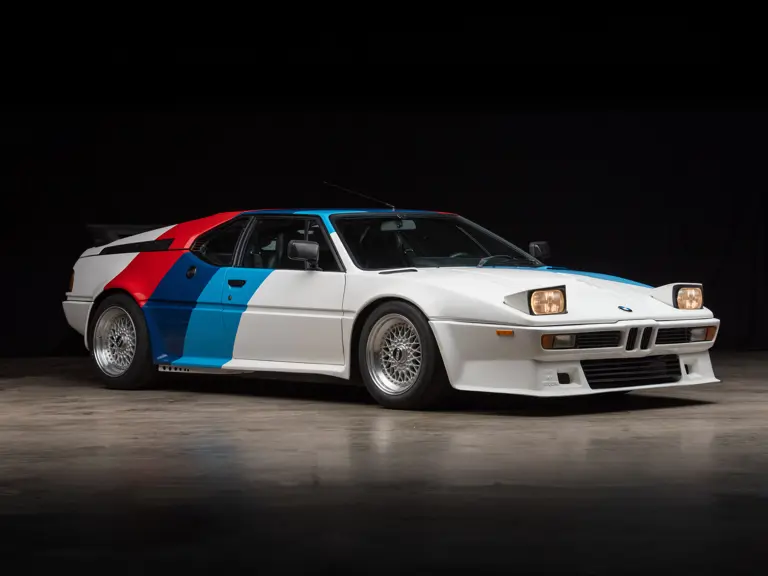
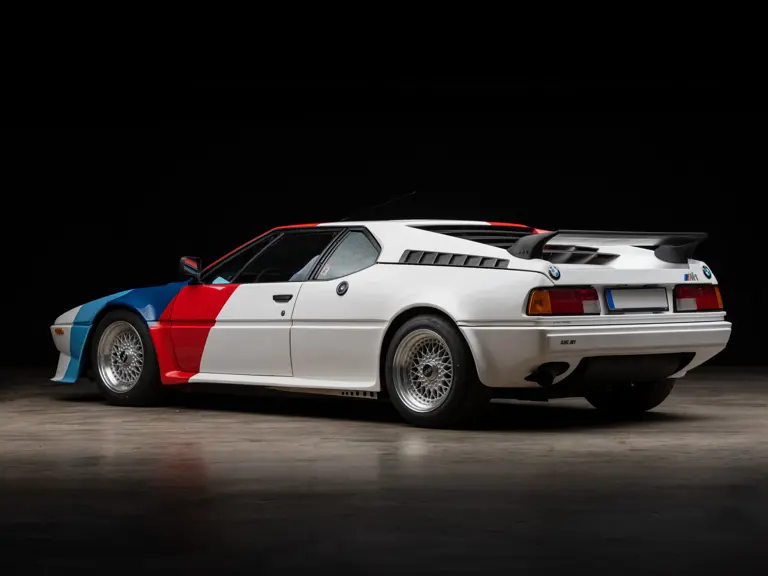
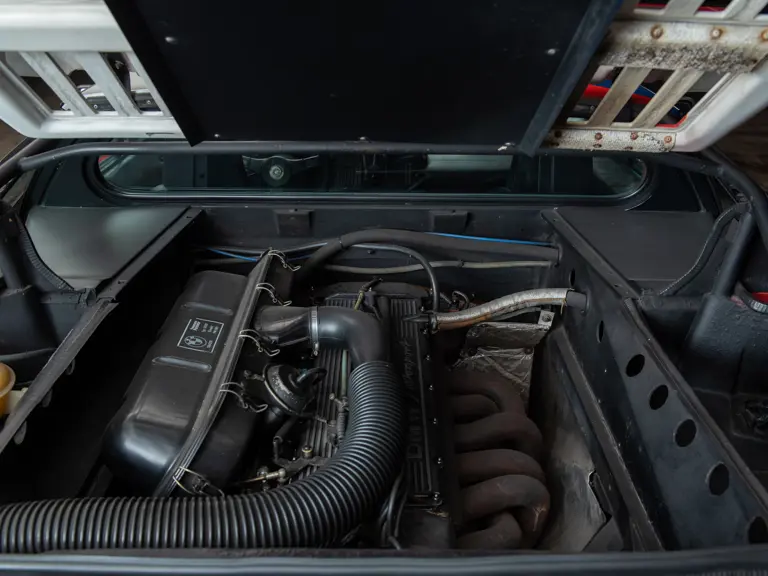
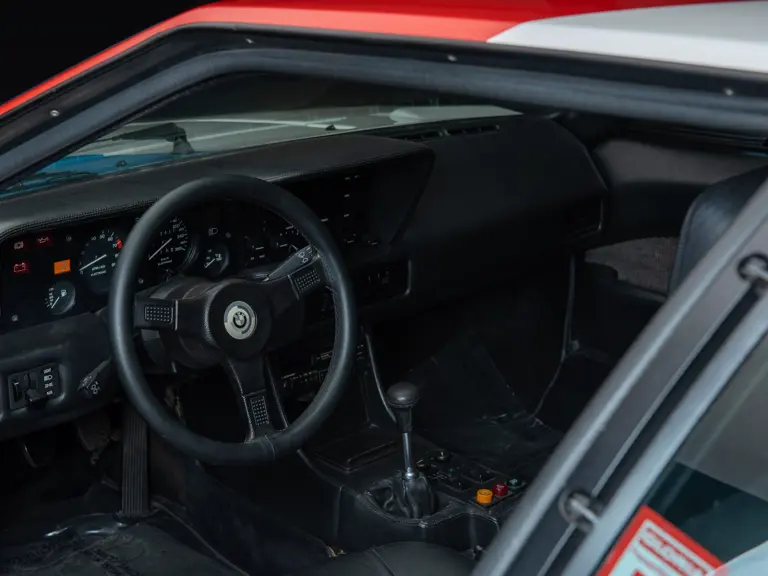
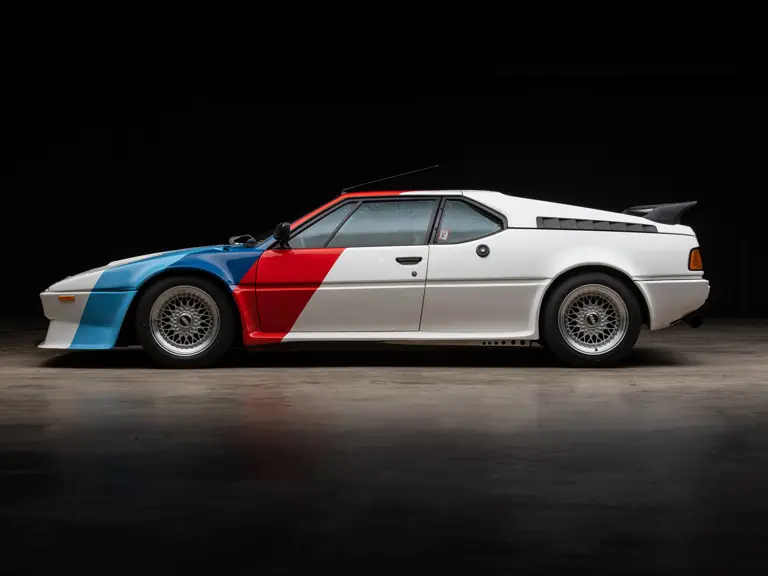
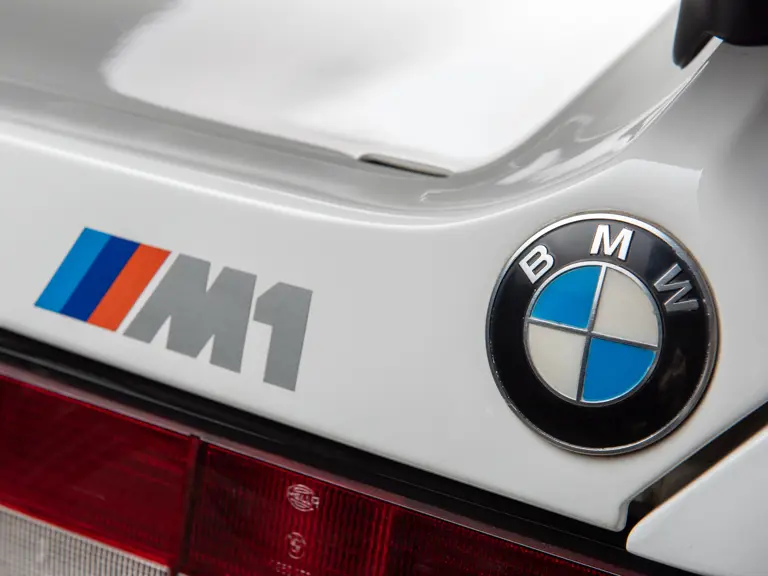
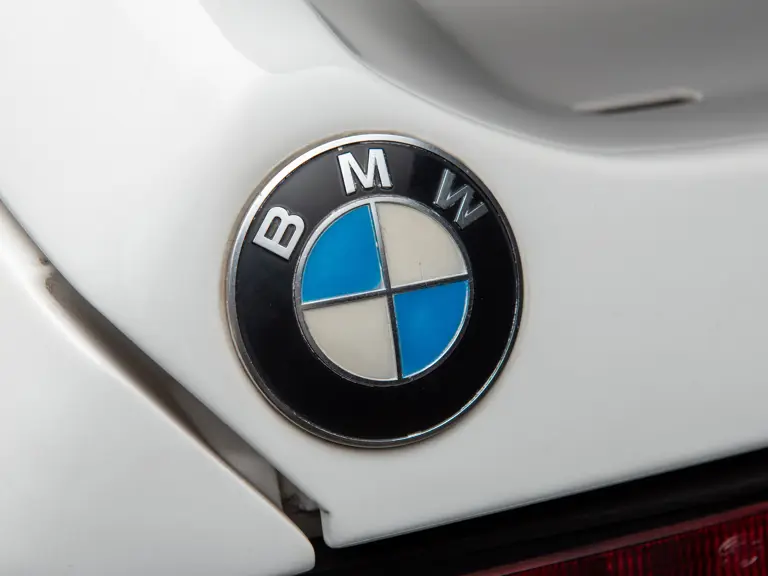
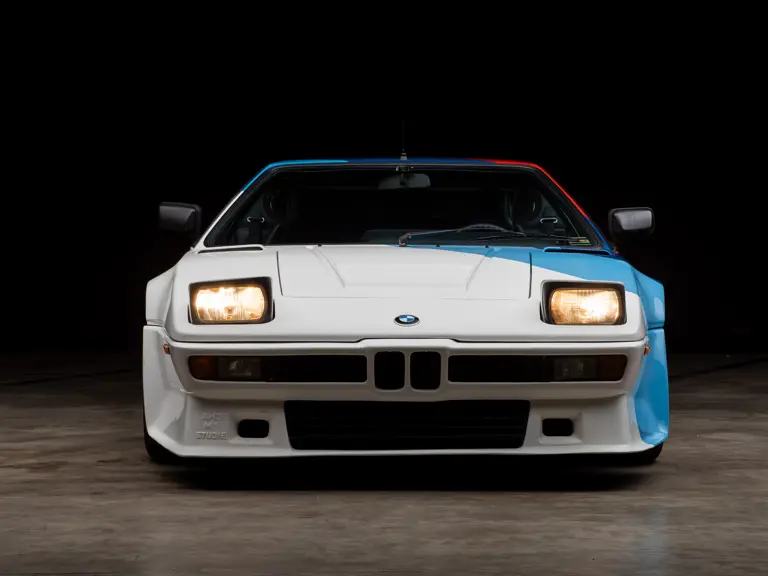
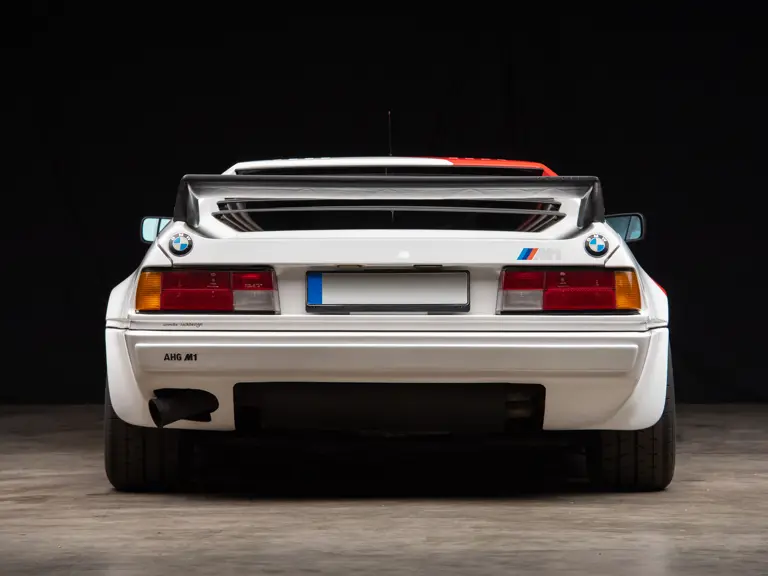
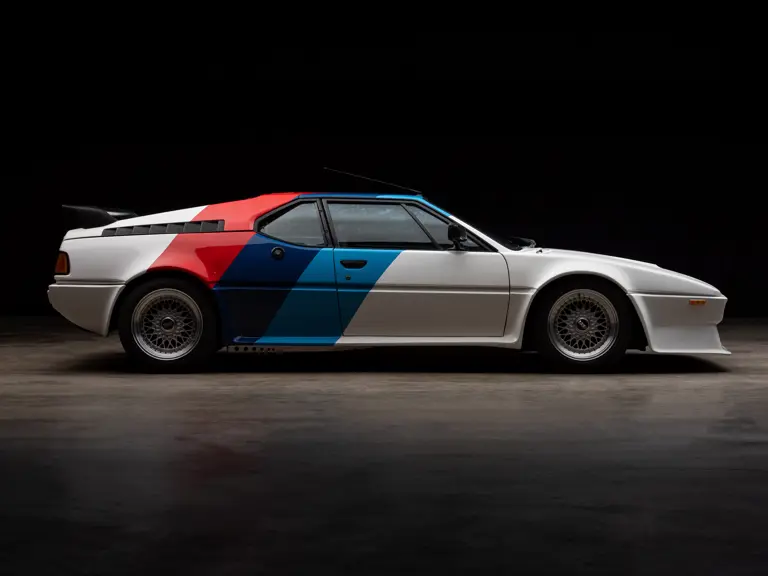
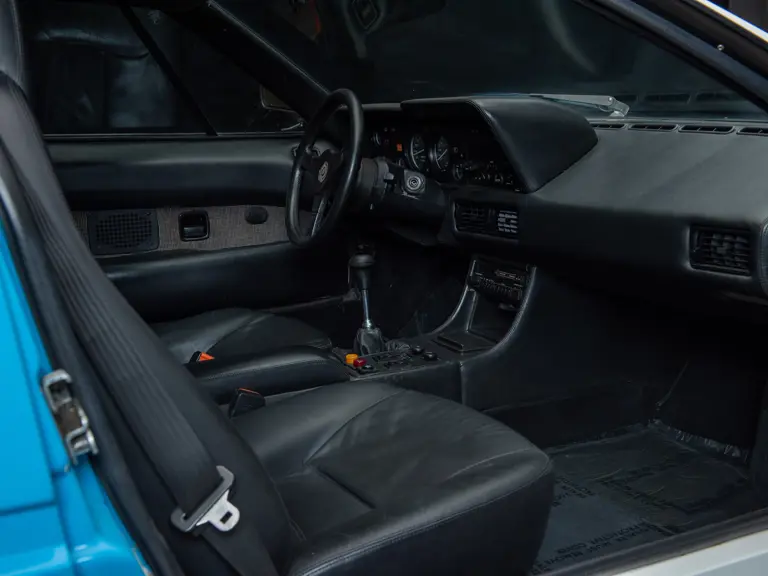
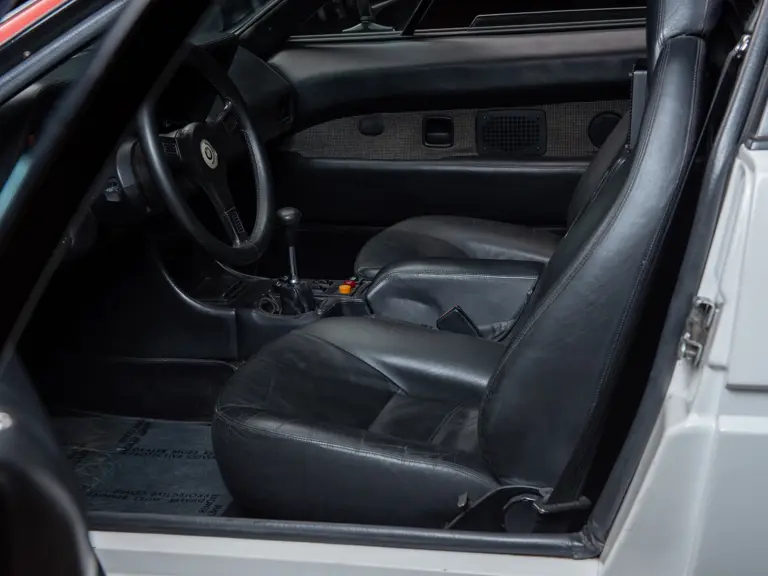
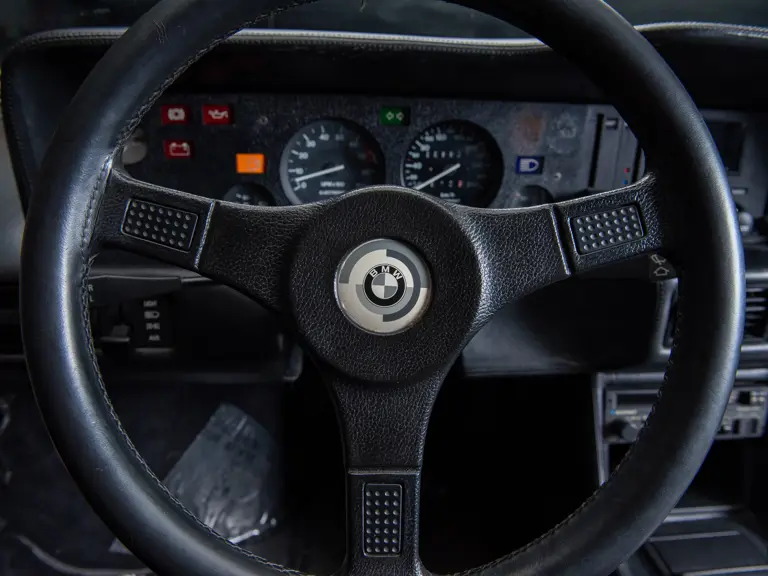
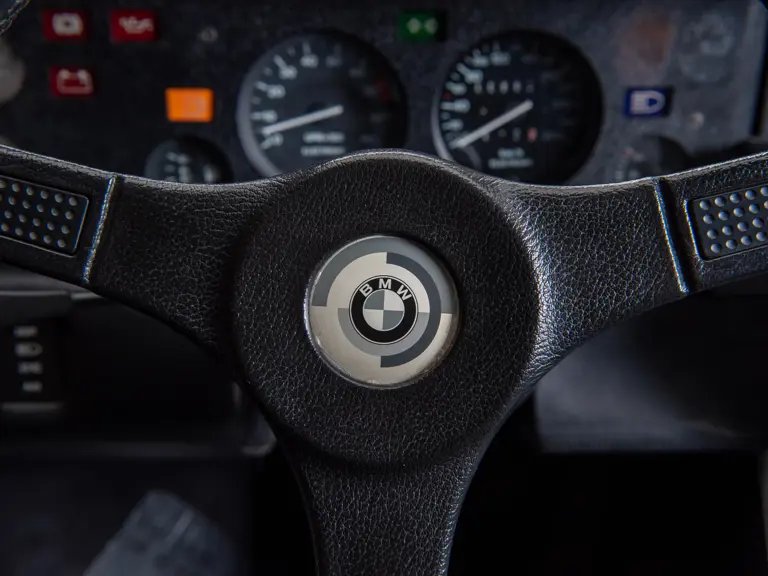
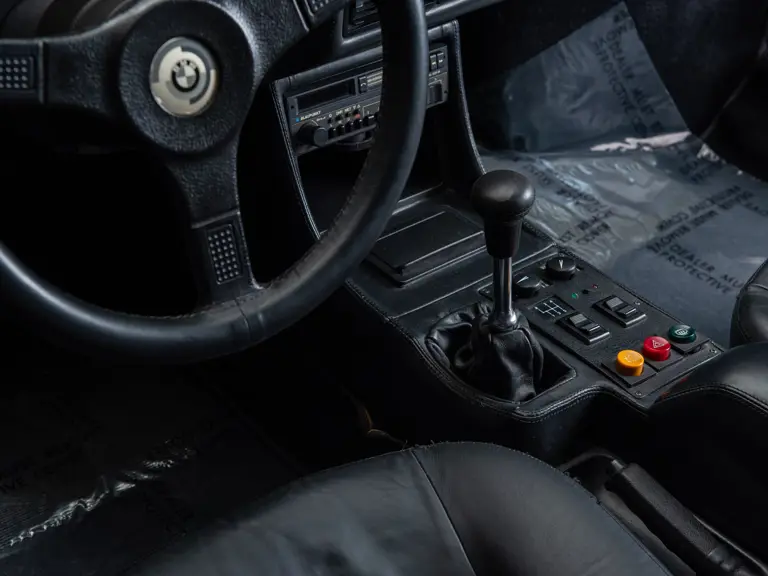
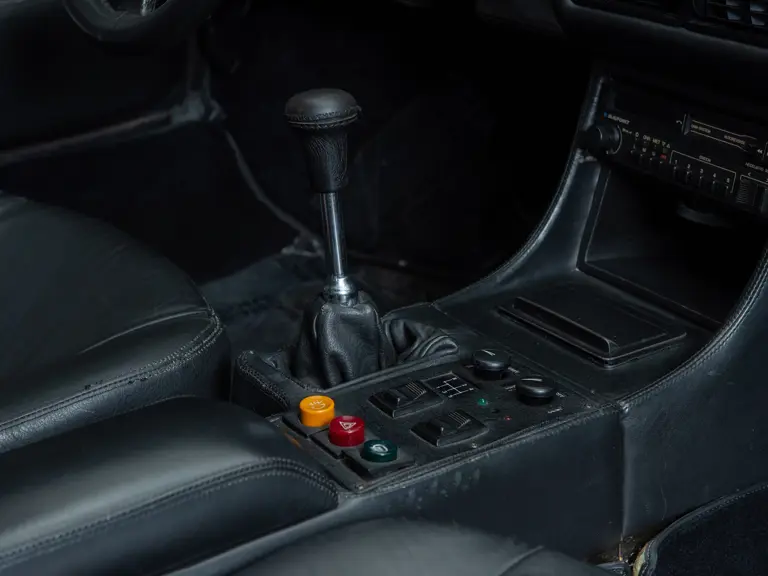
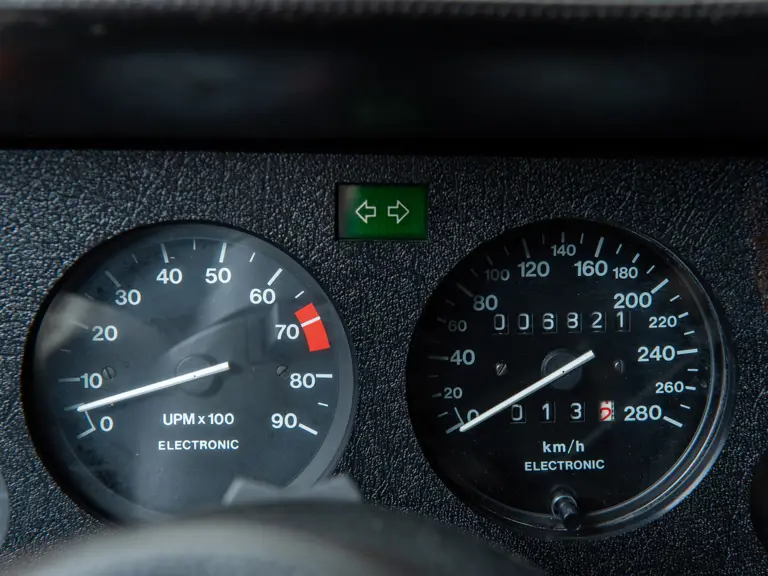
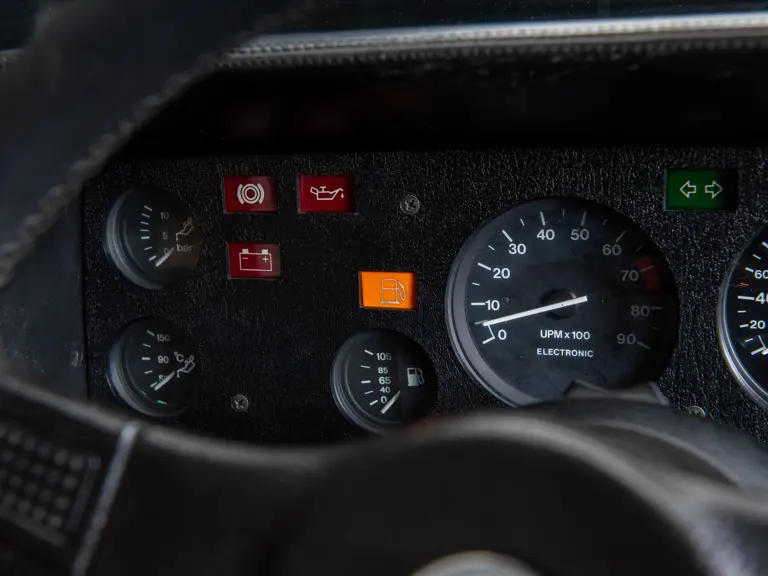
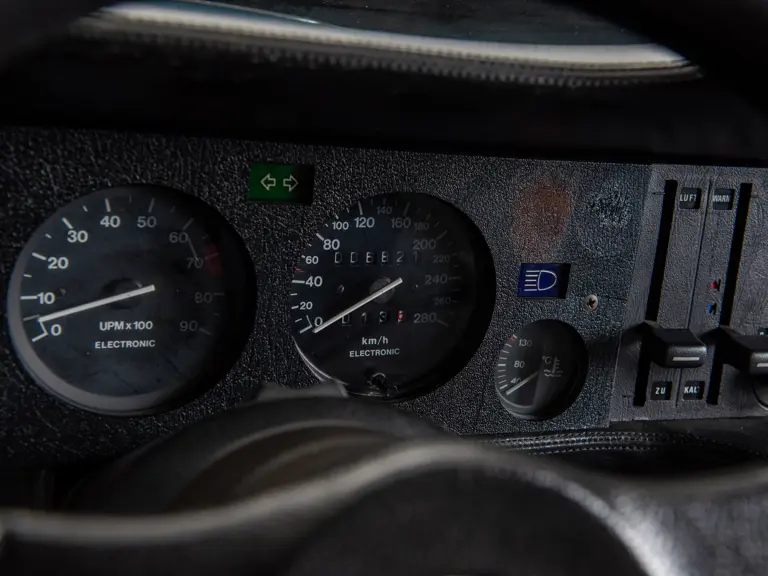
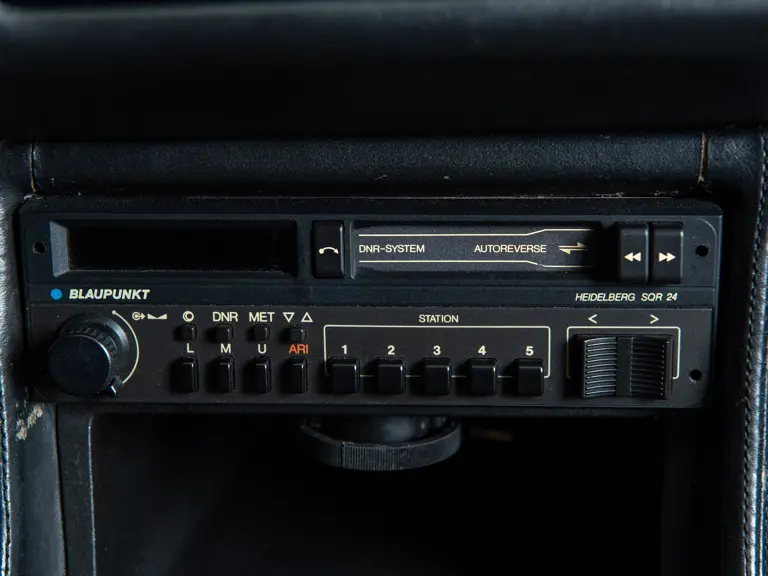
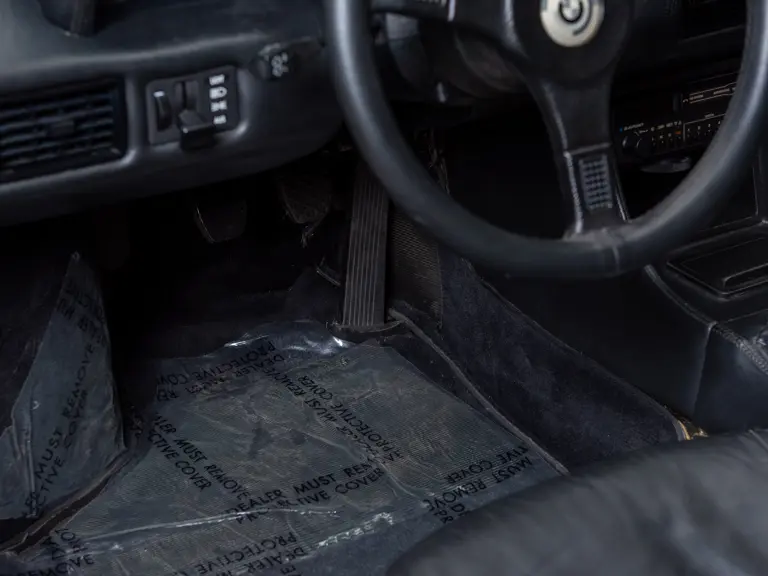
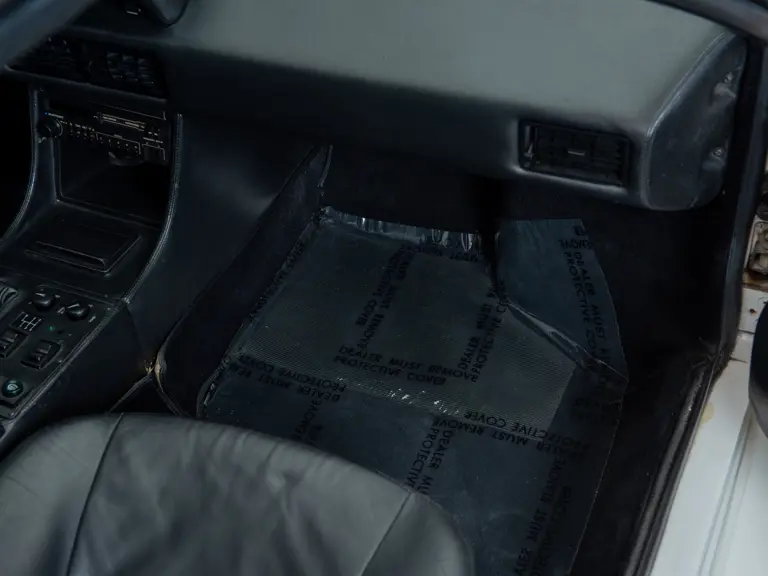
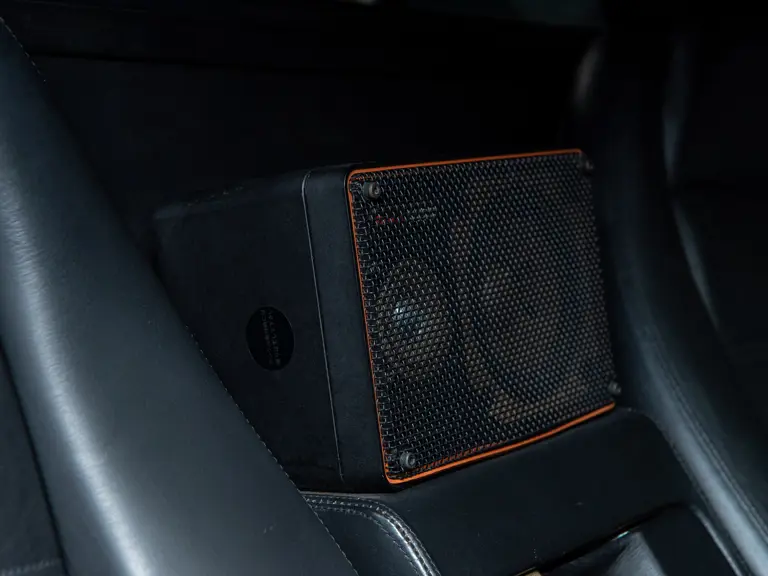
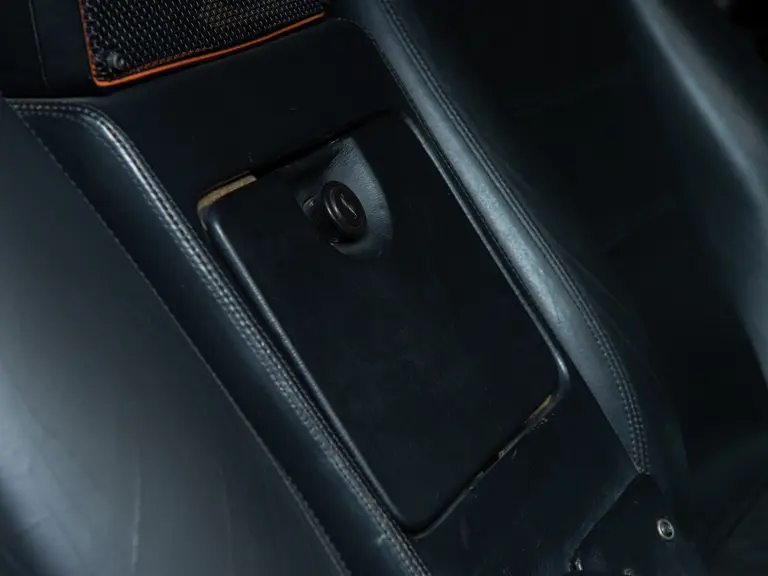
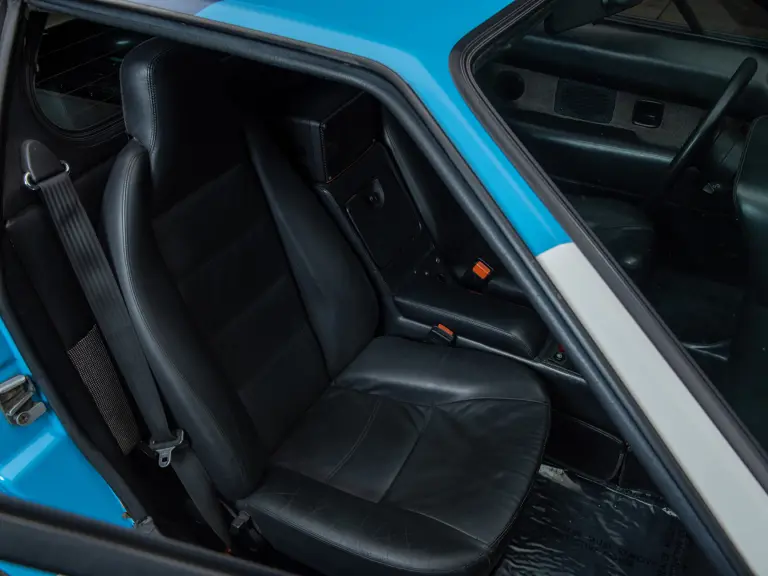
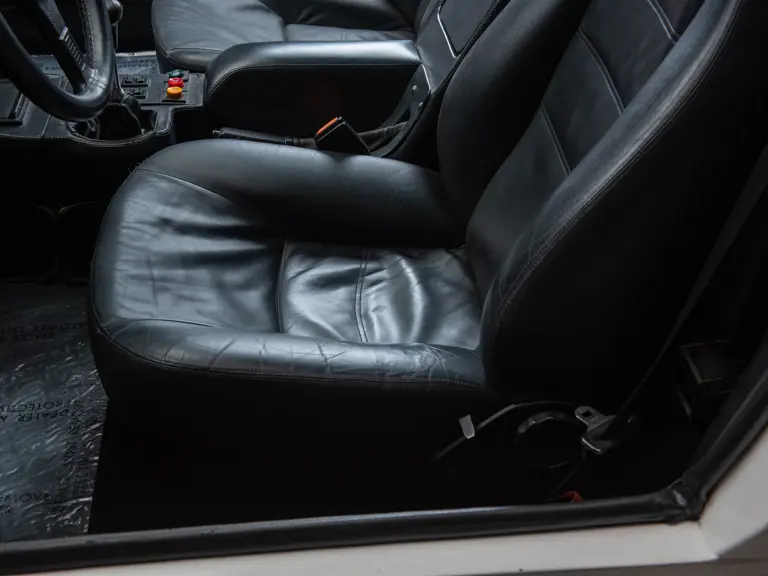
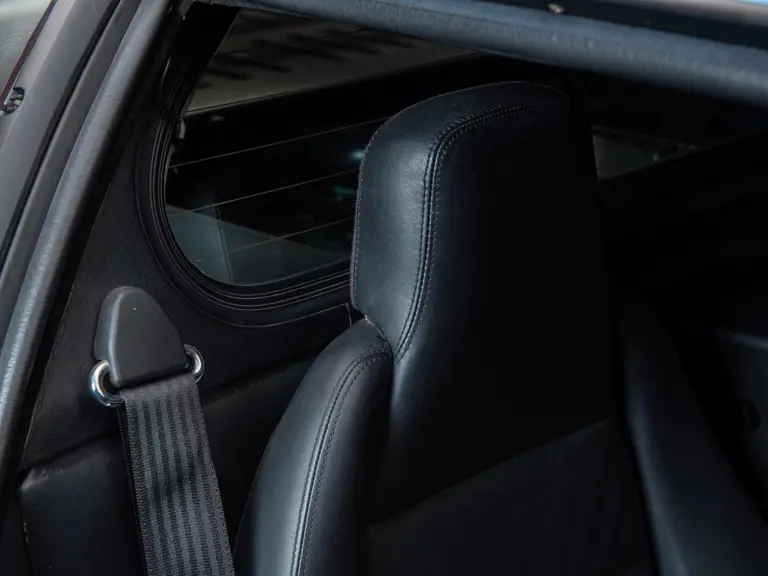
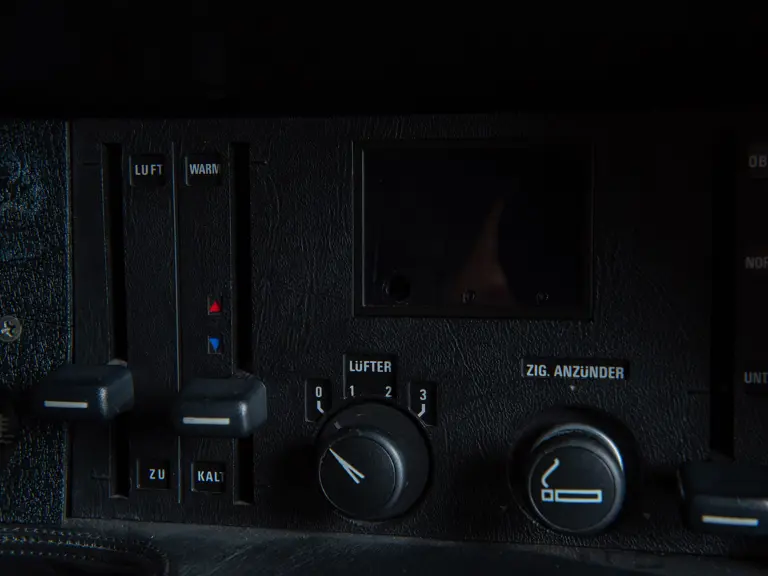
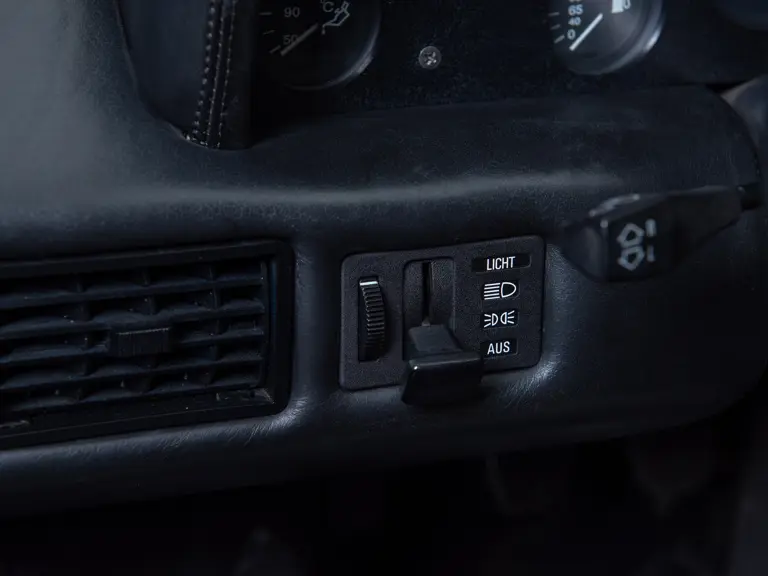
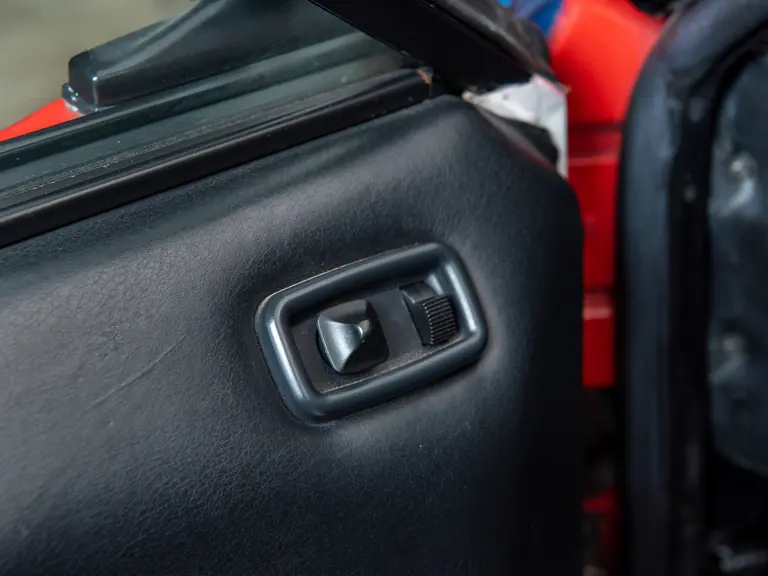
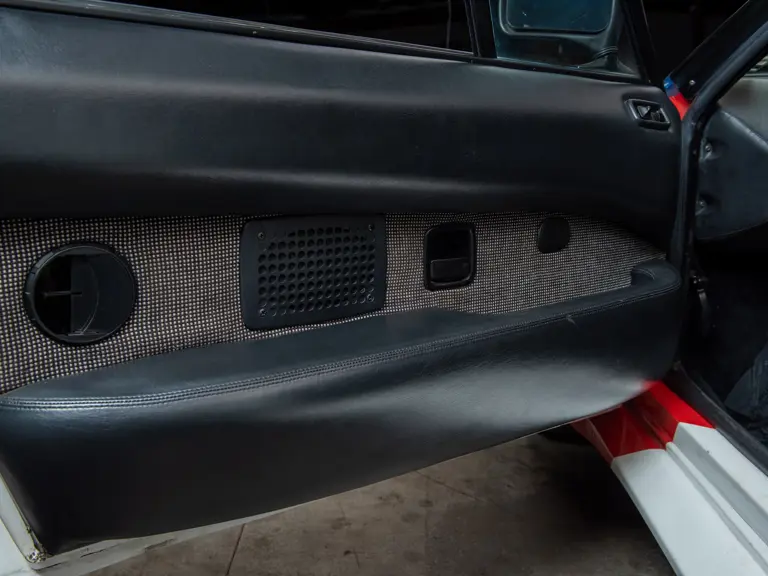
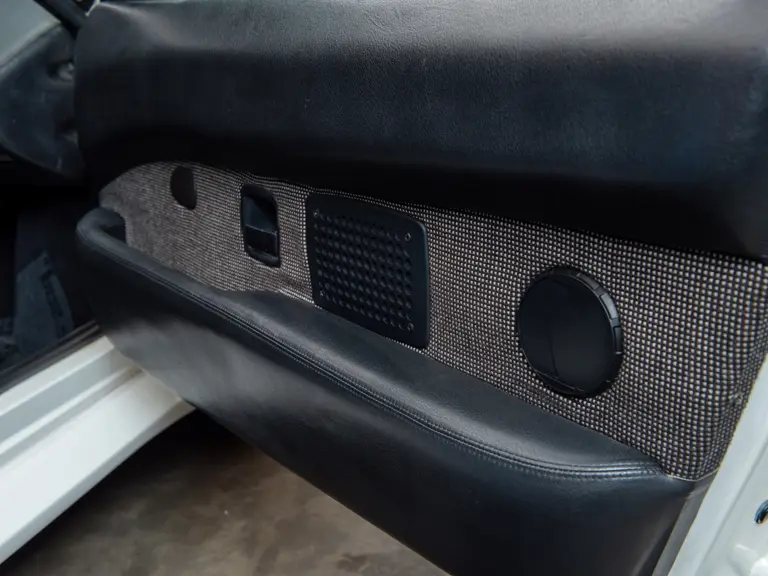
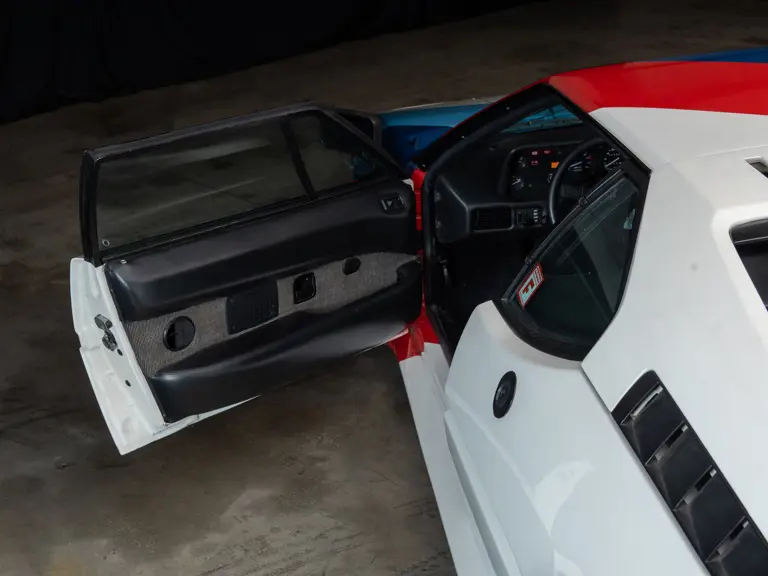
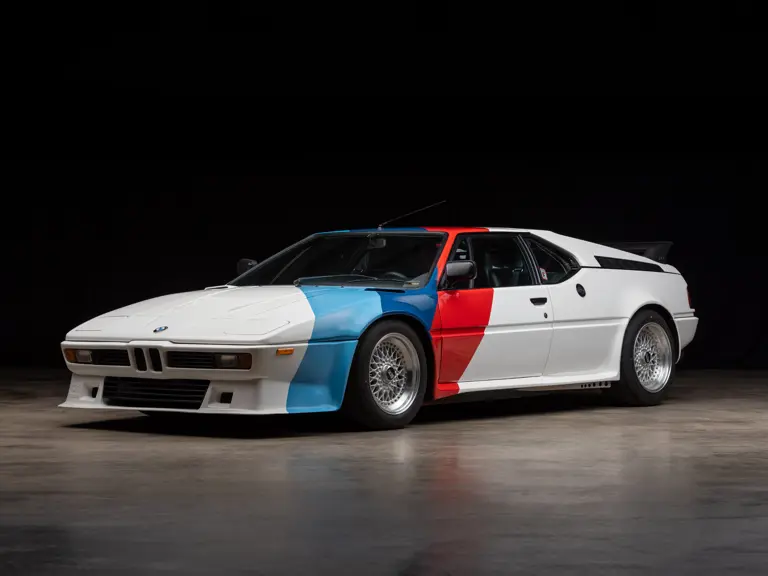
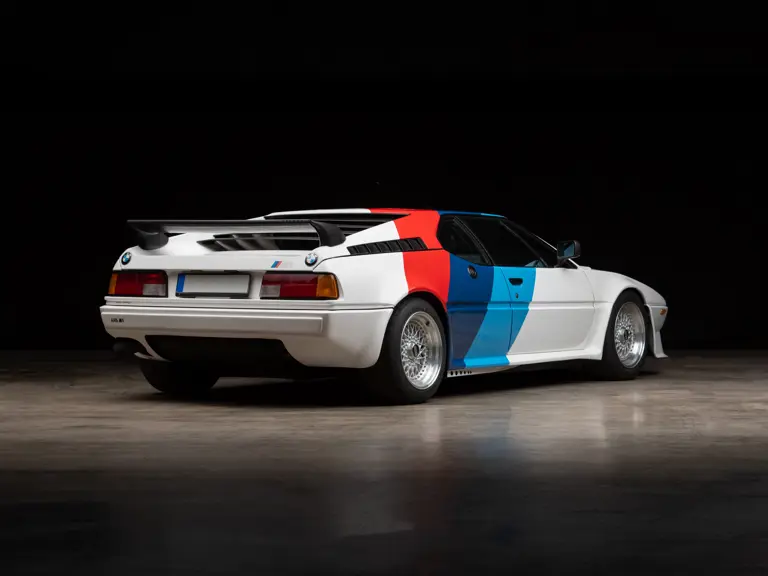
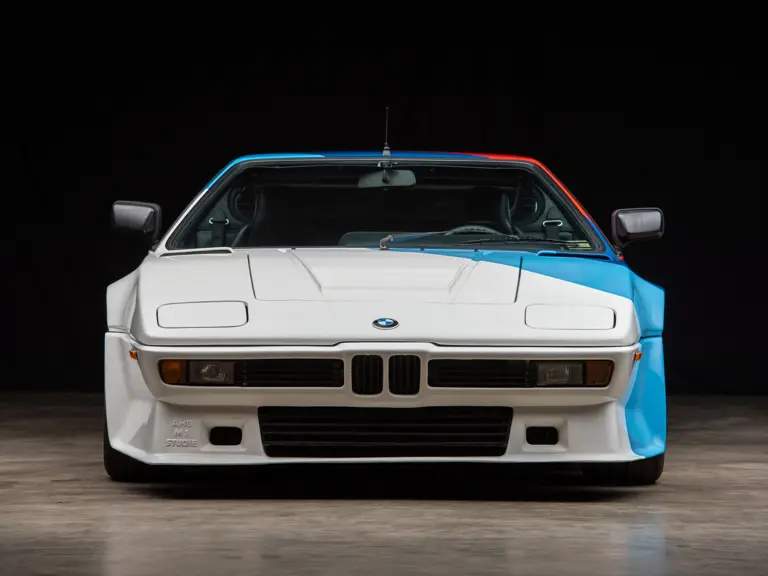
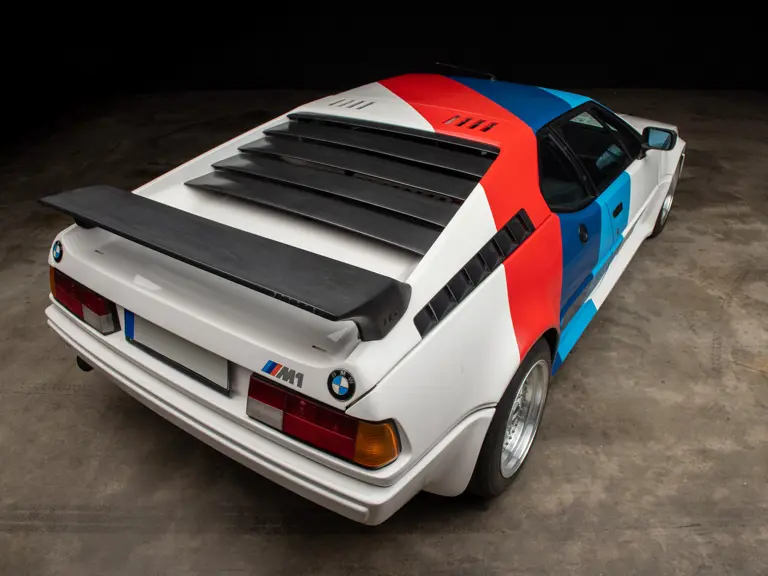
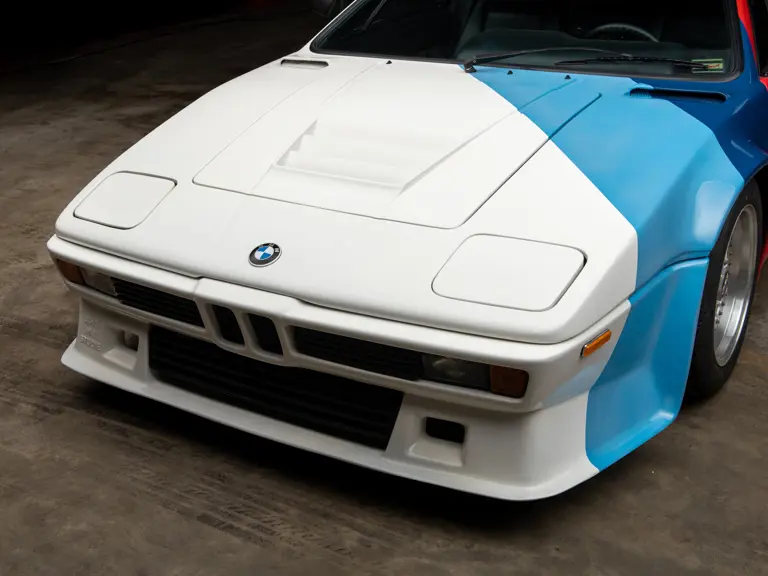
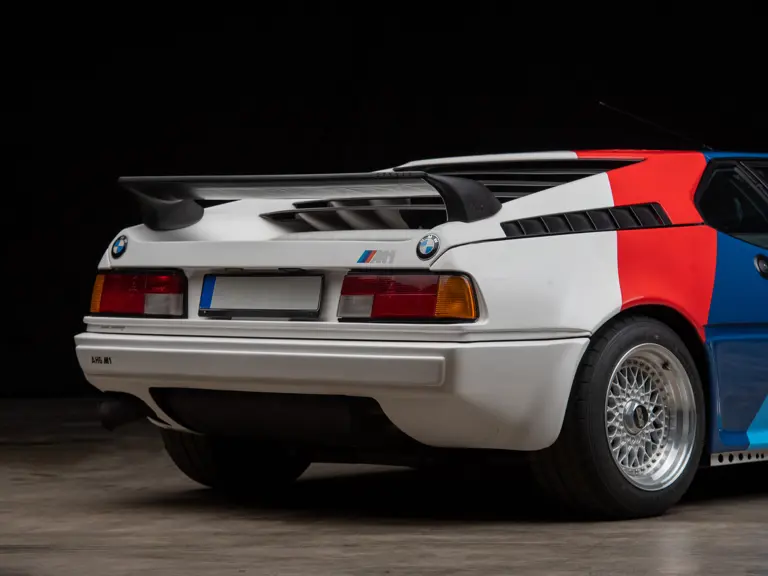
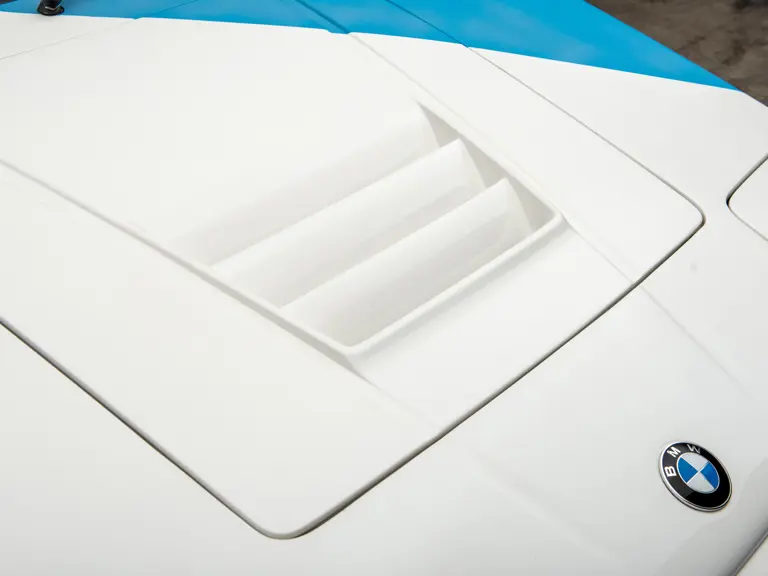
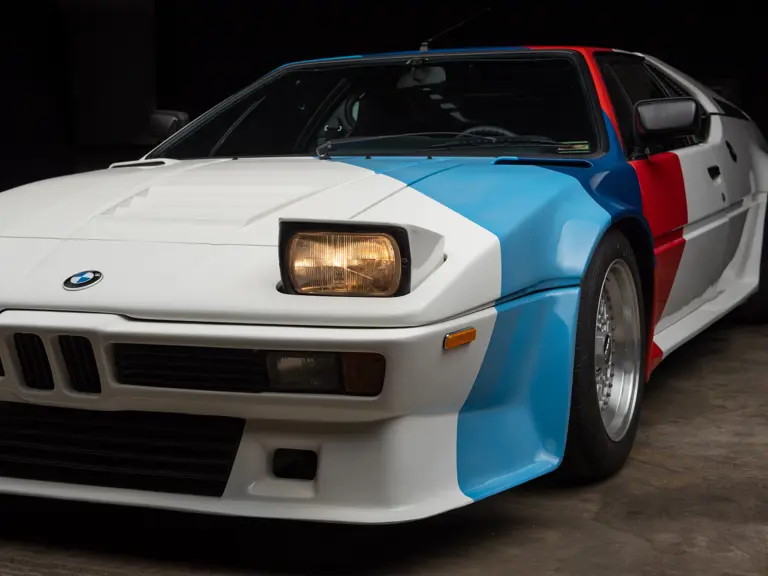
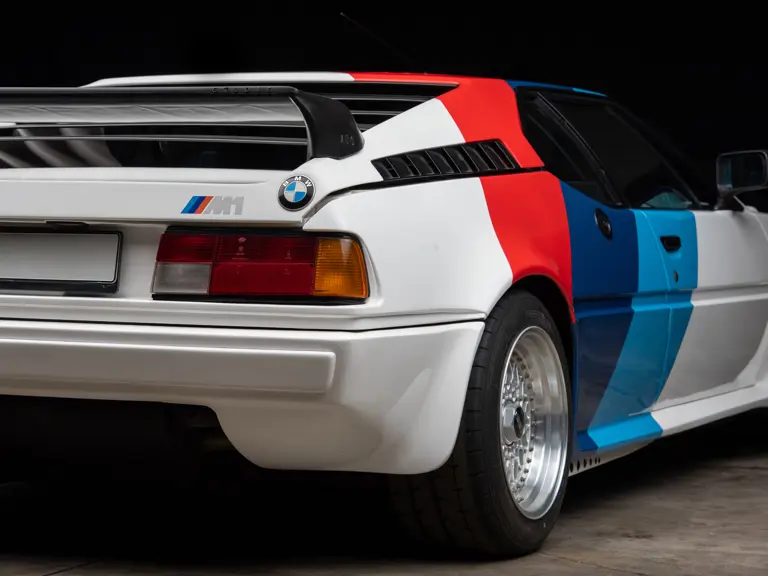
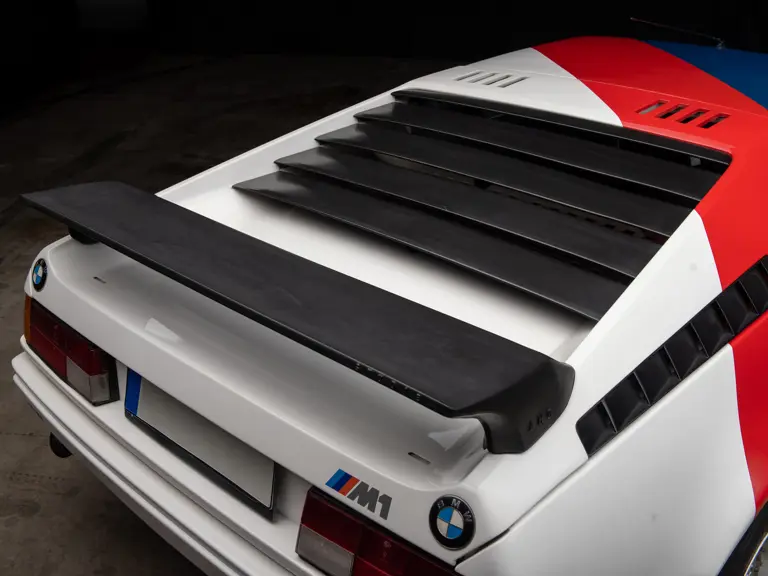
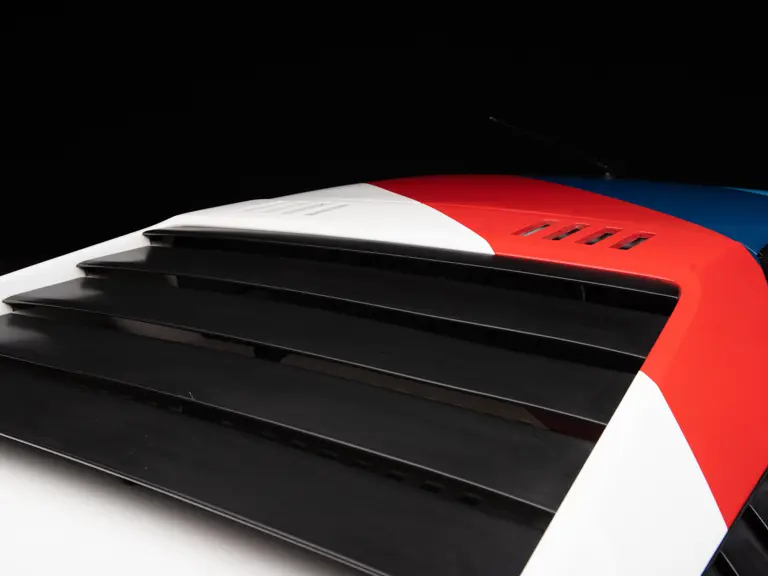
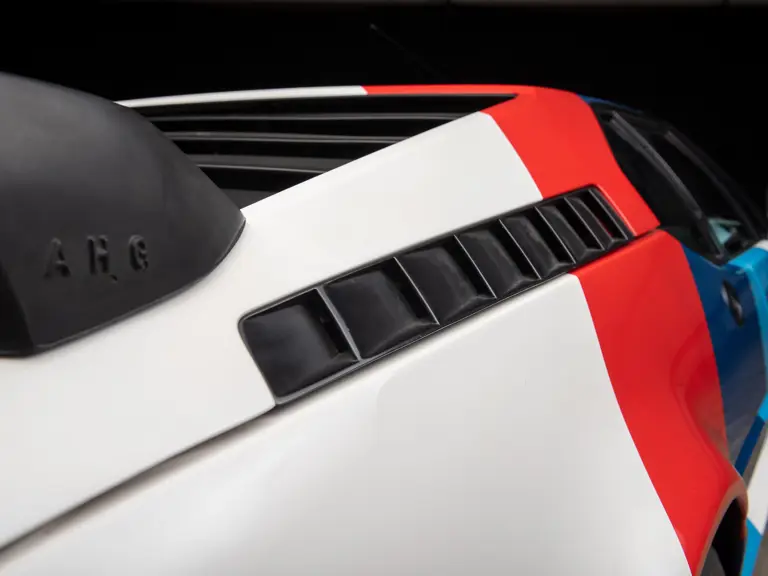
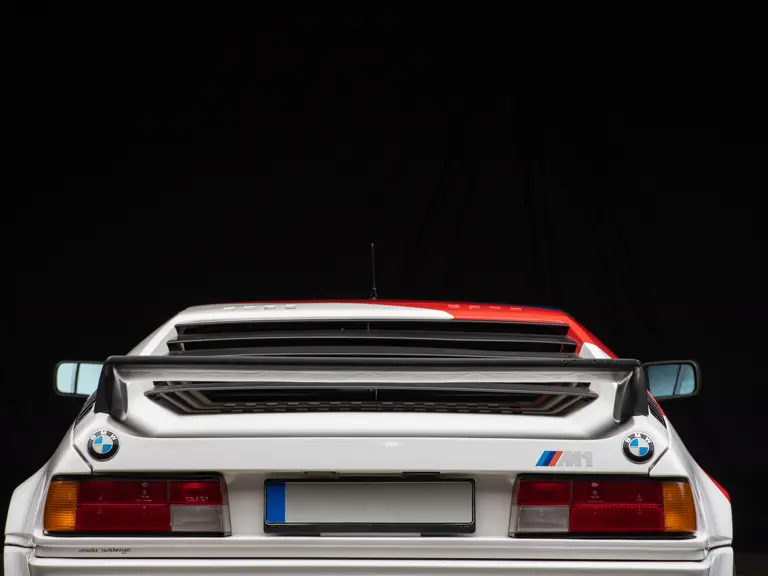
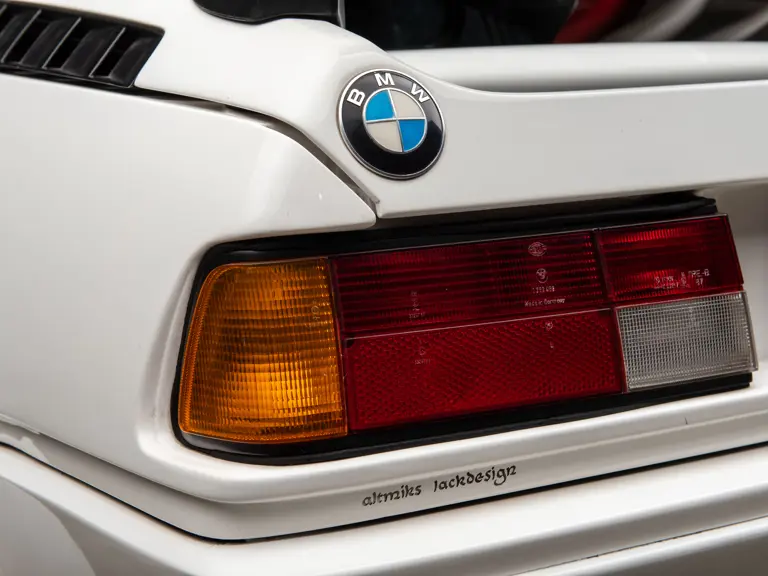
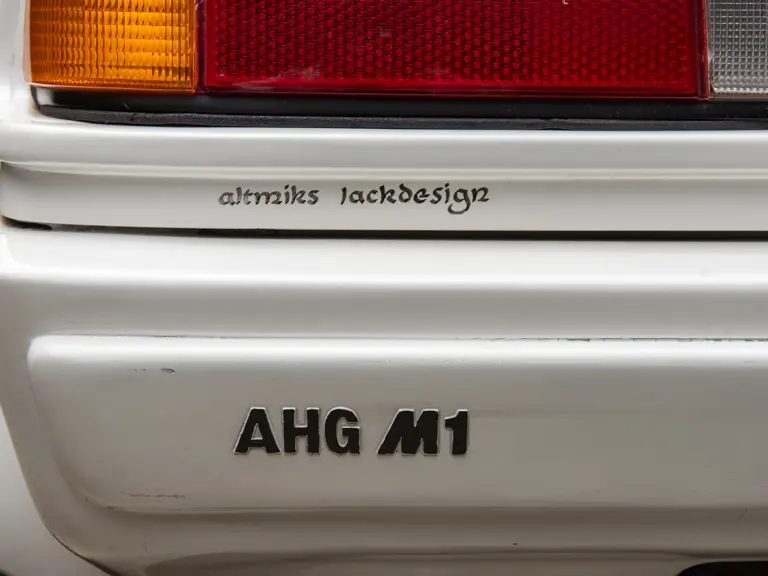
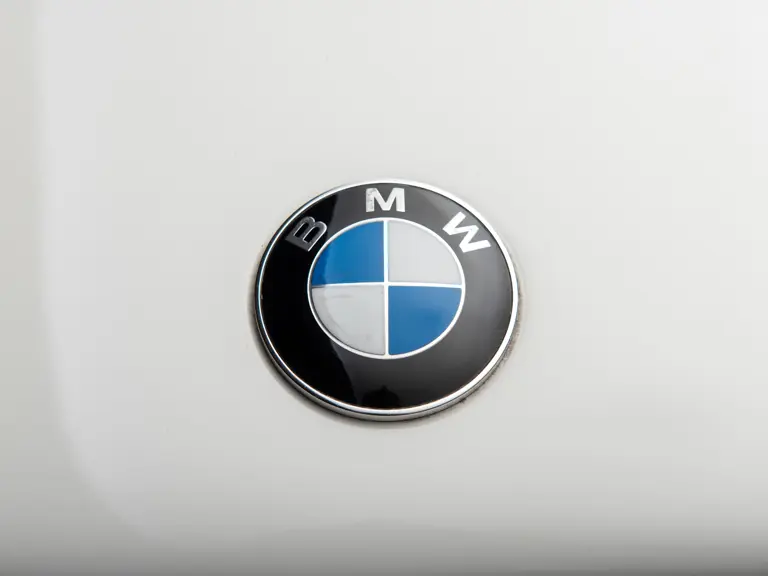

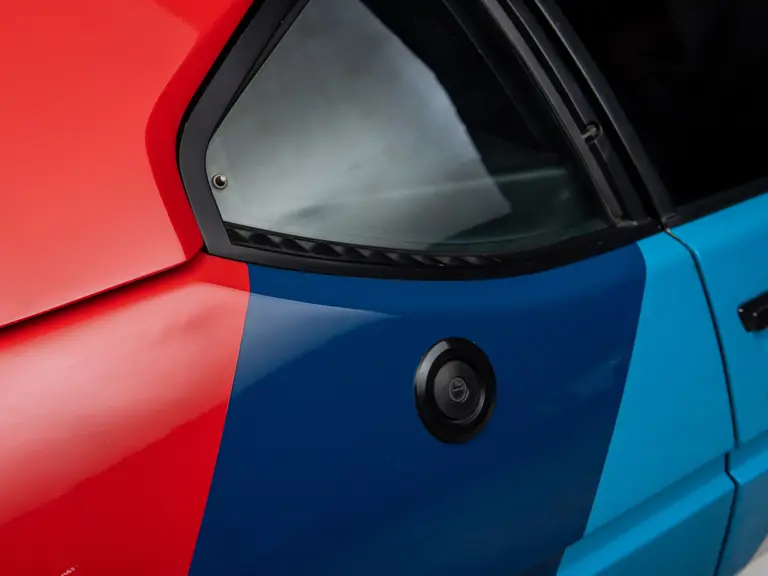
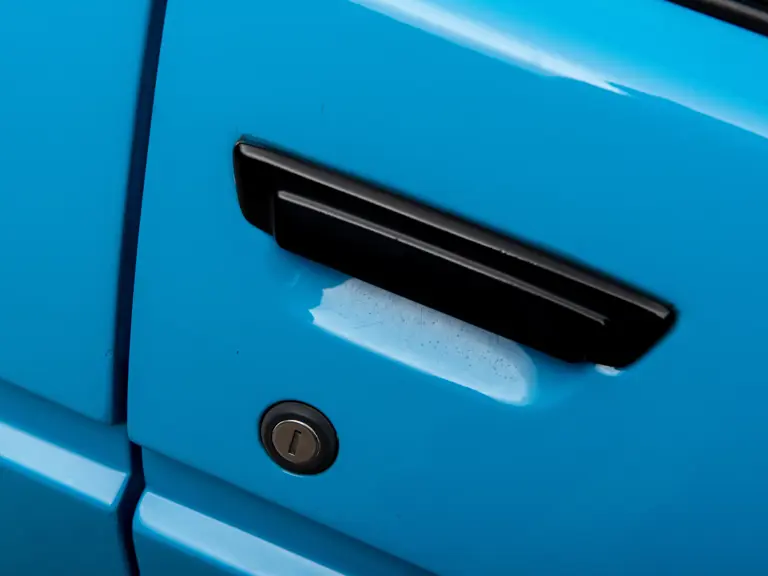
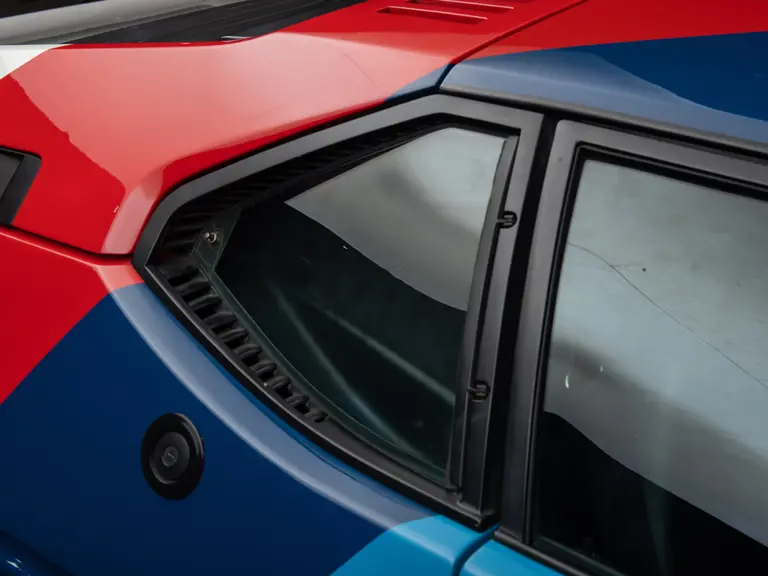
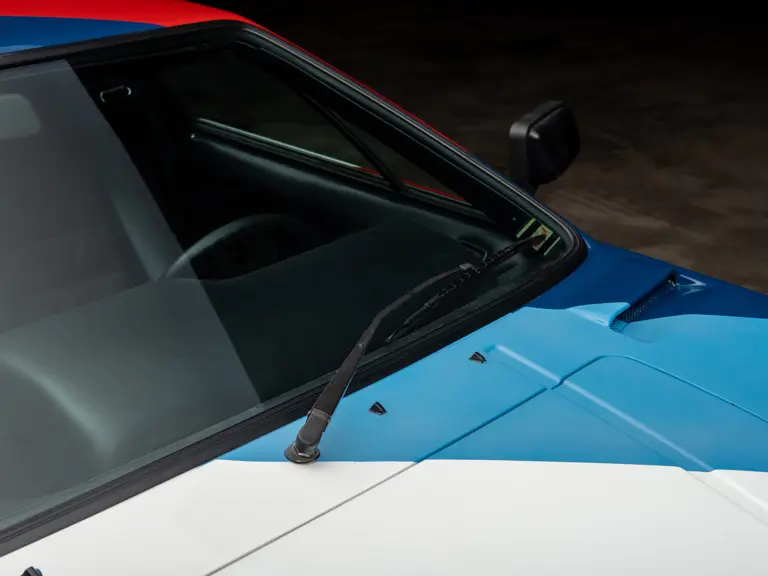
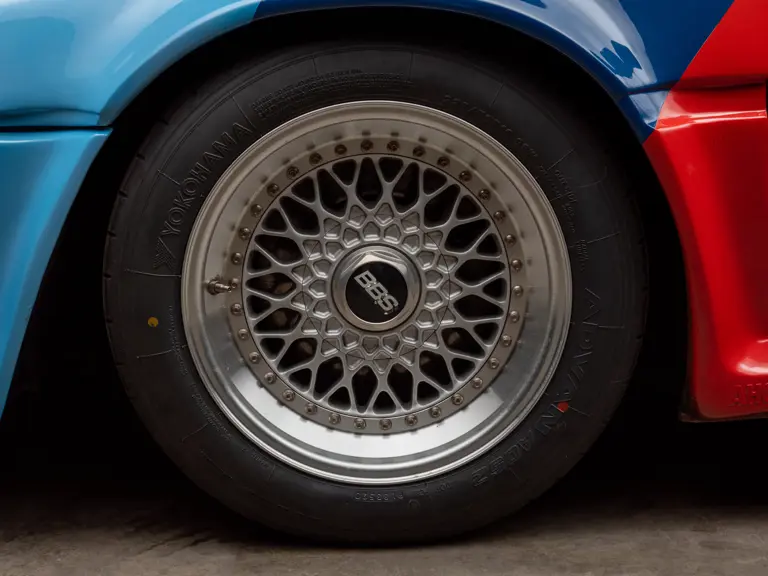
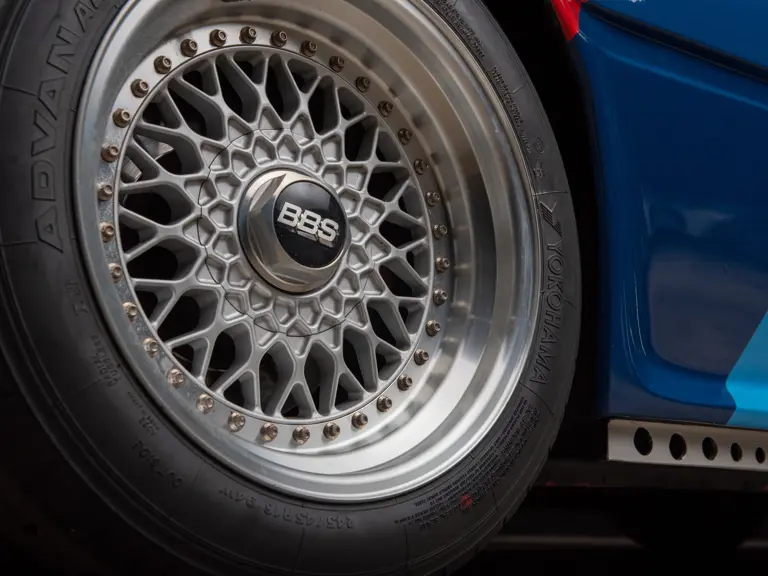
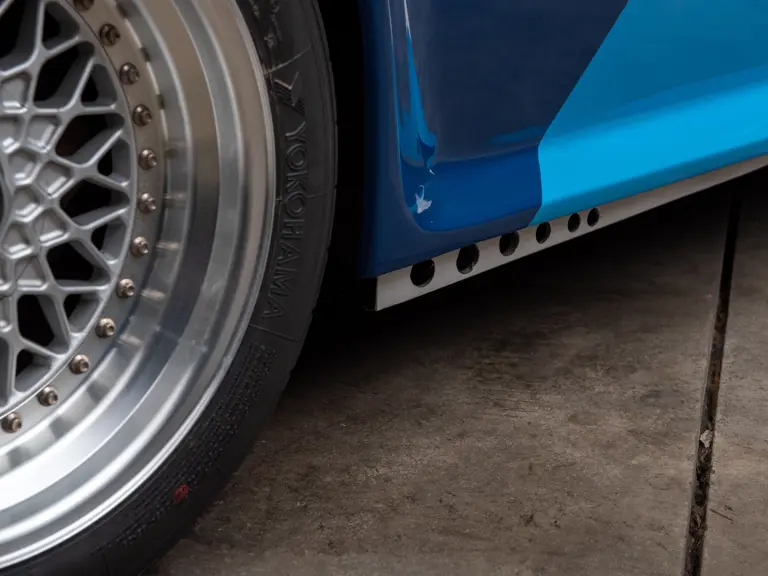
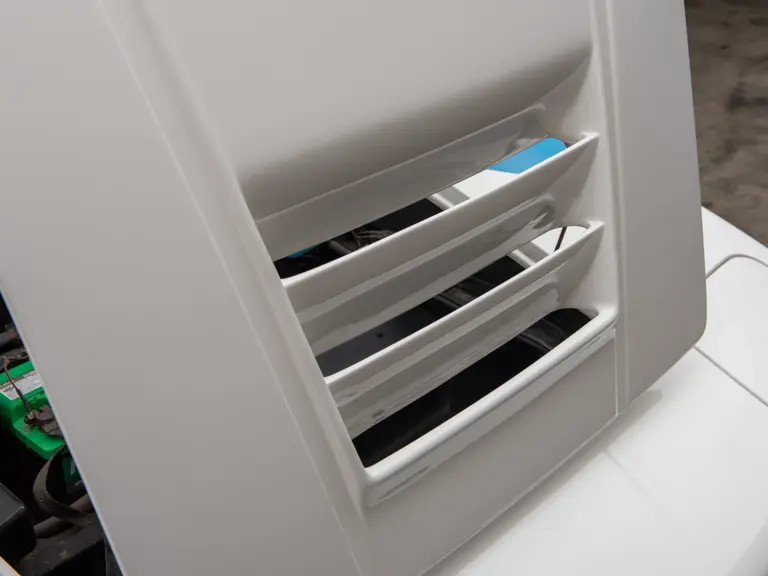
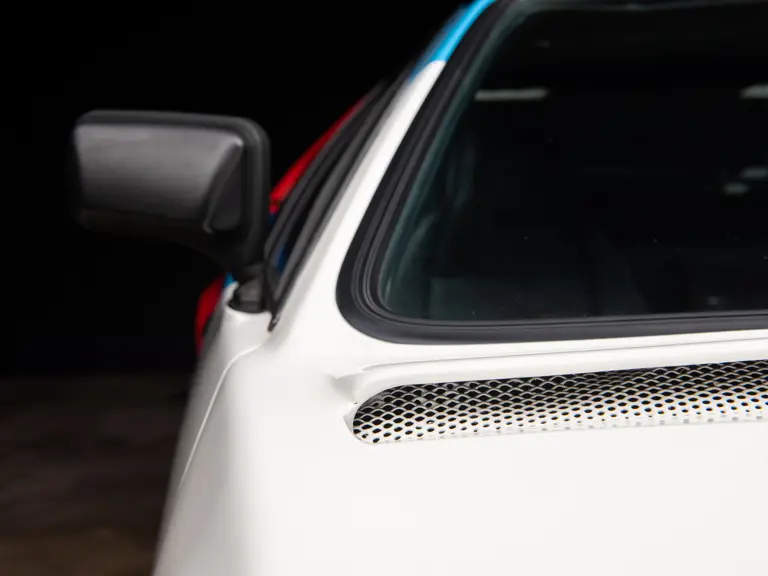
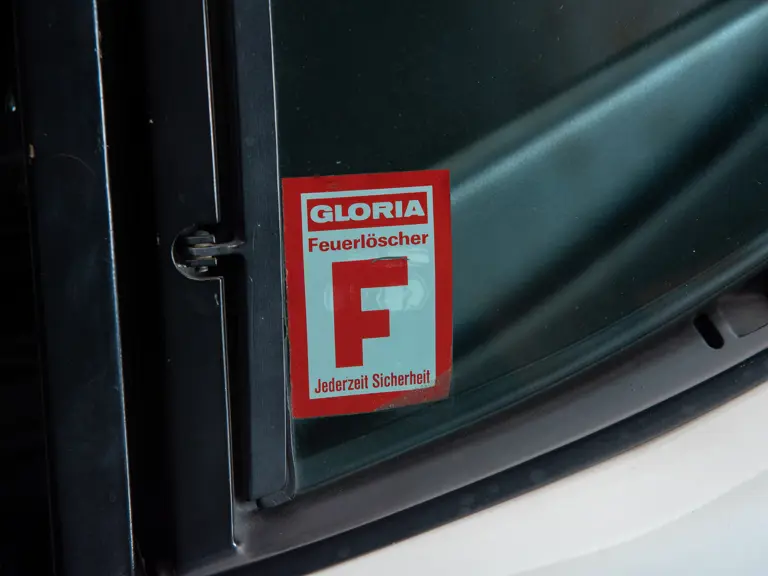
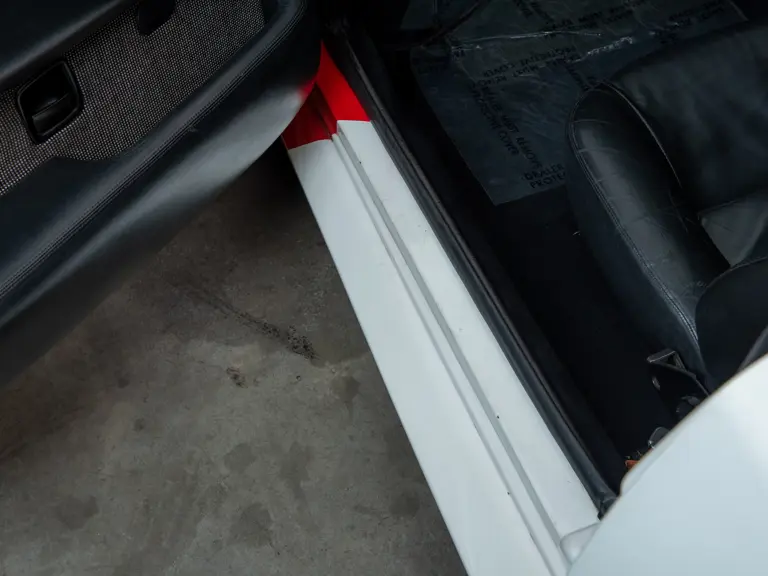
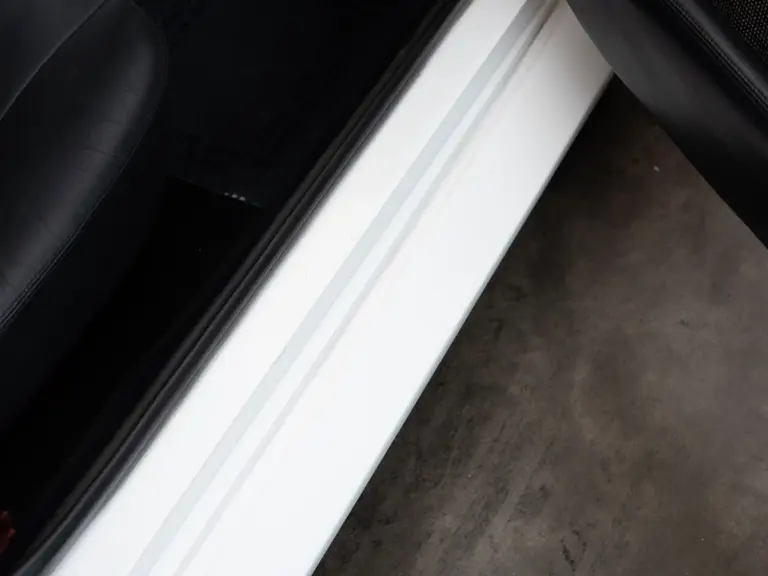
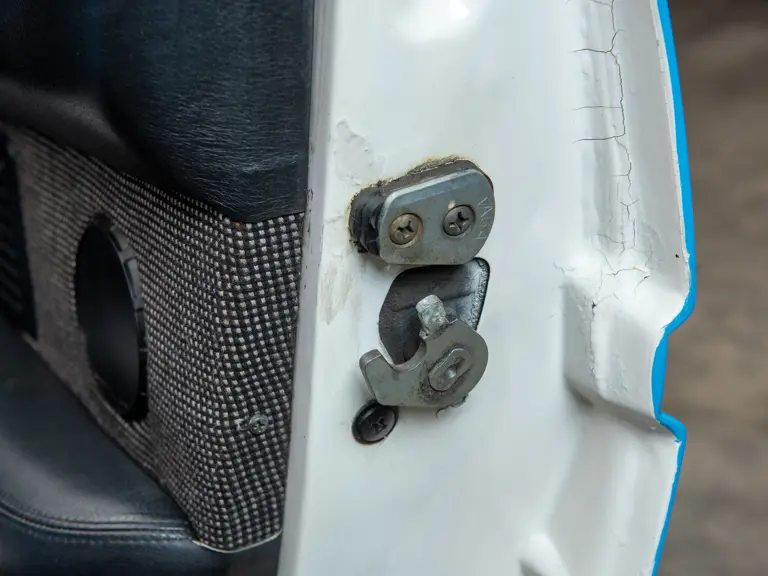
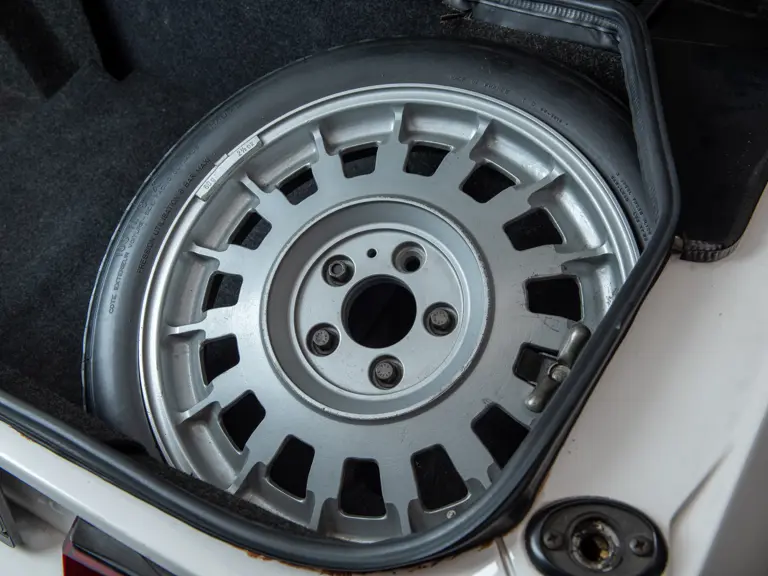
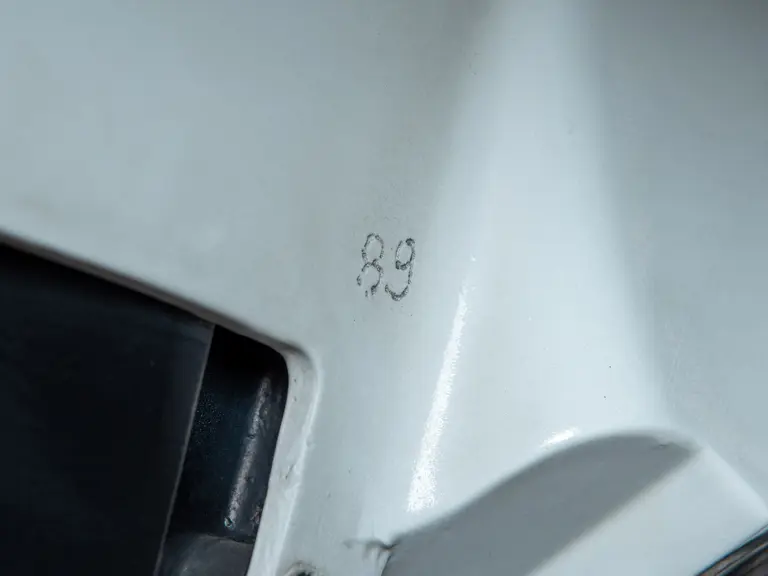
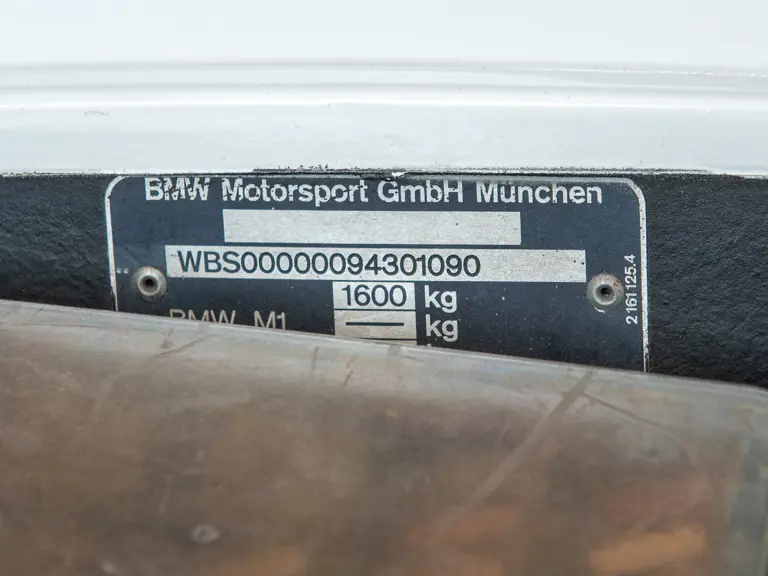
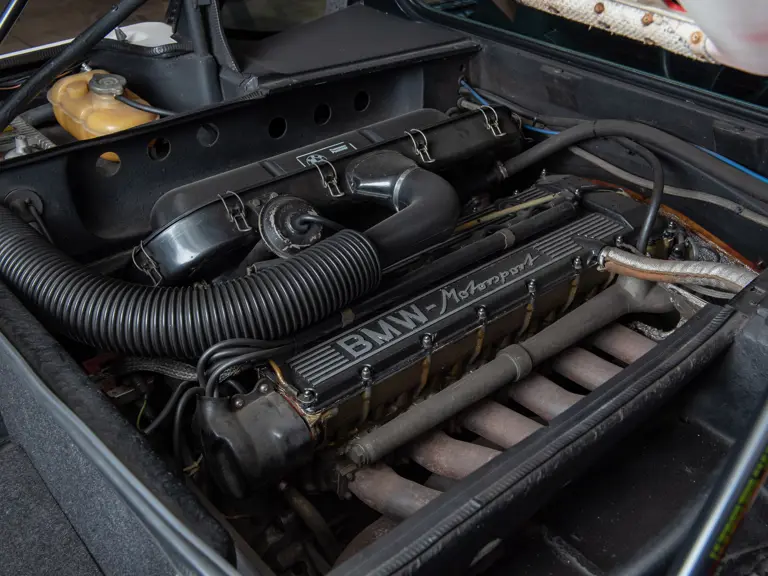
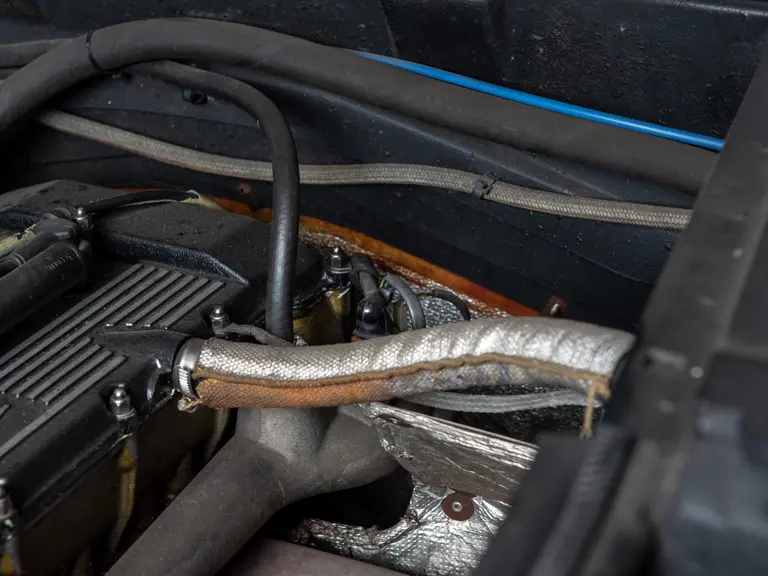
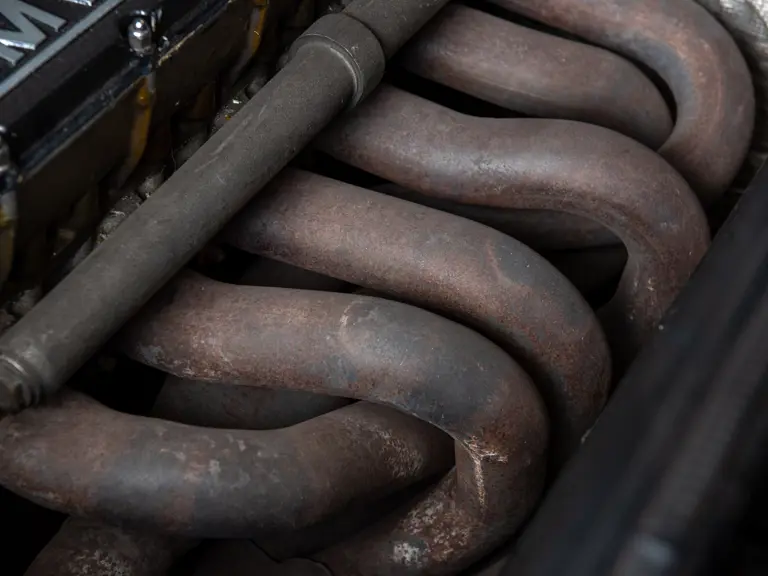
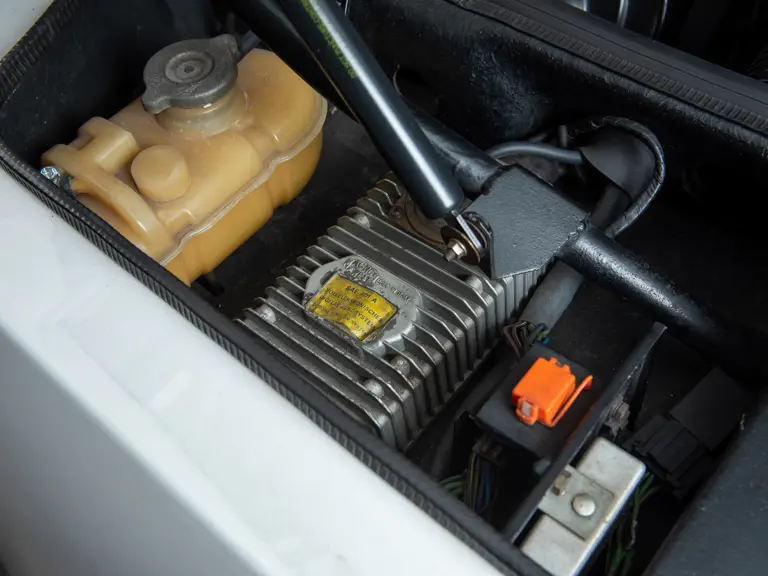
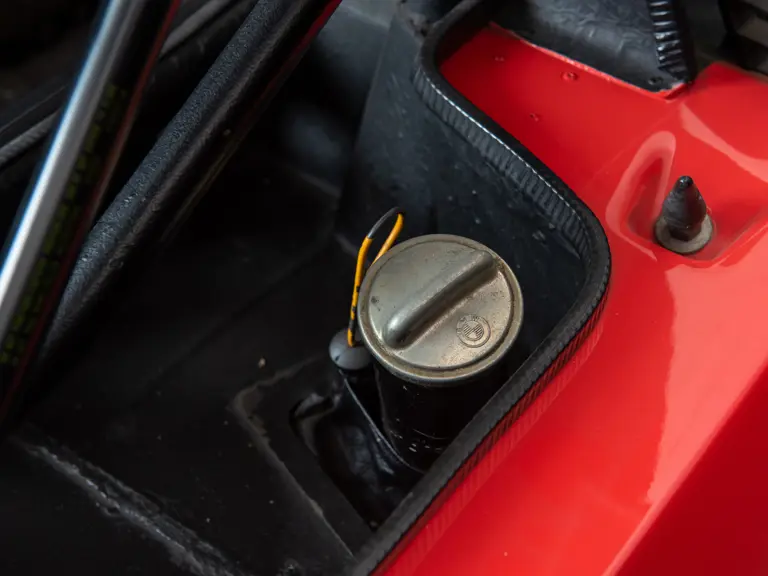
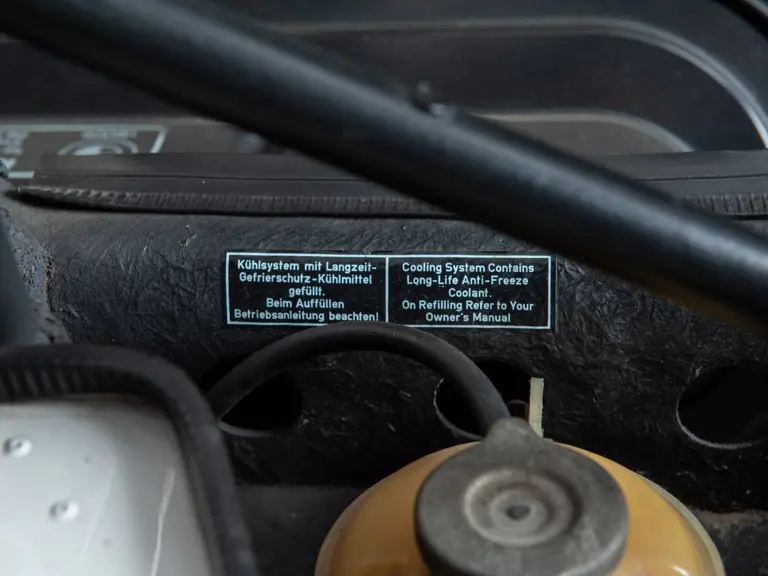
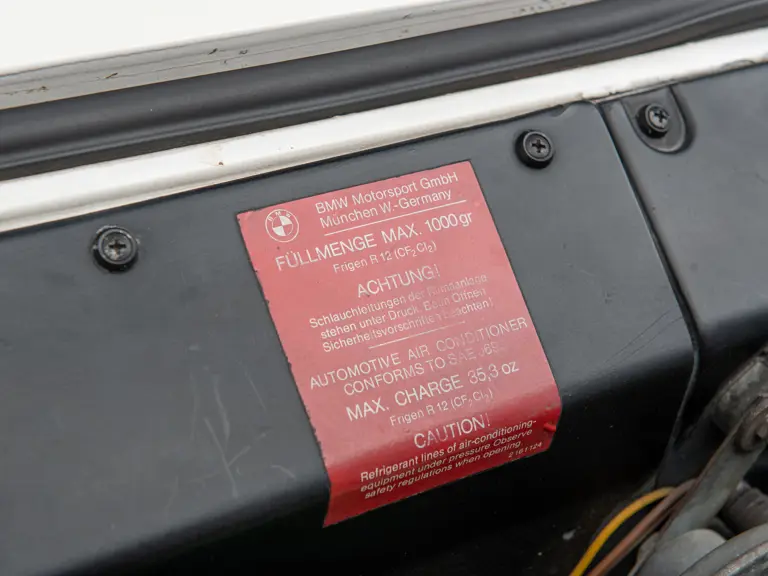
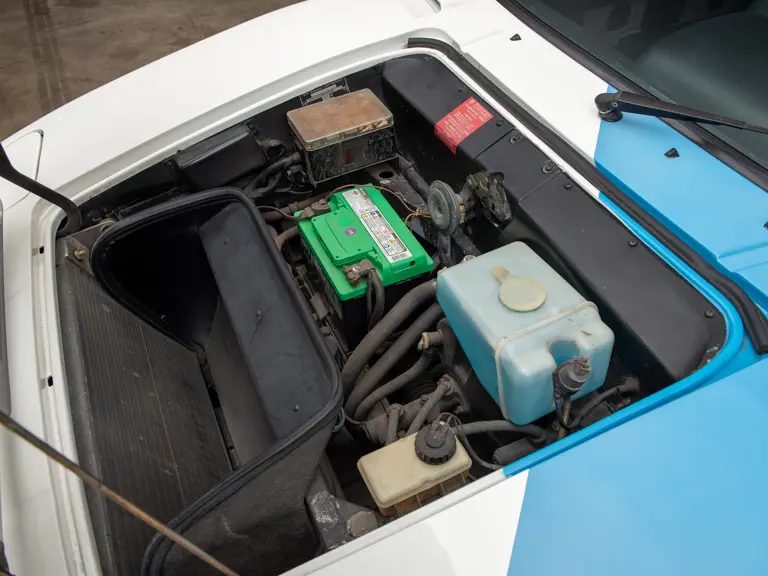
 | Miami Beach, Florida
| Miami Beach, Florida
